
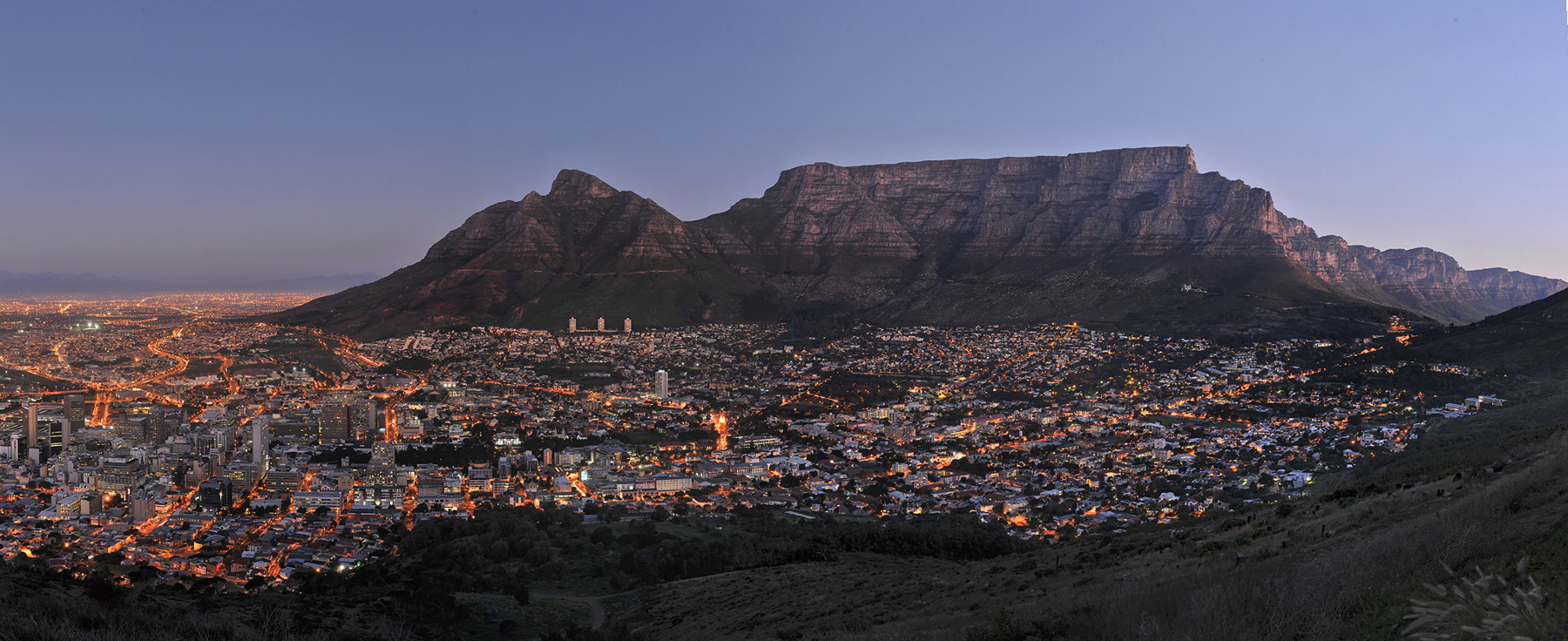
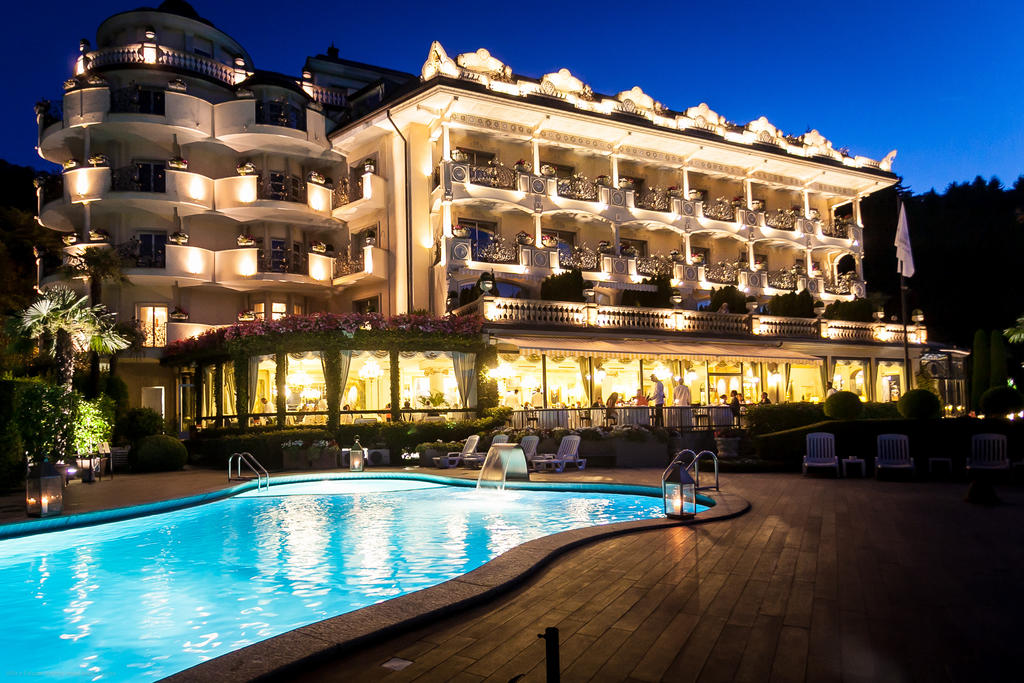
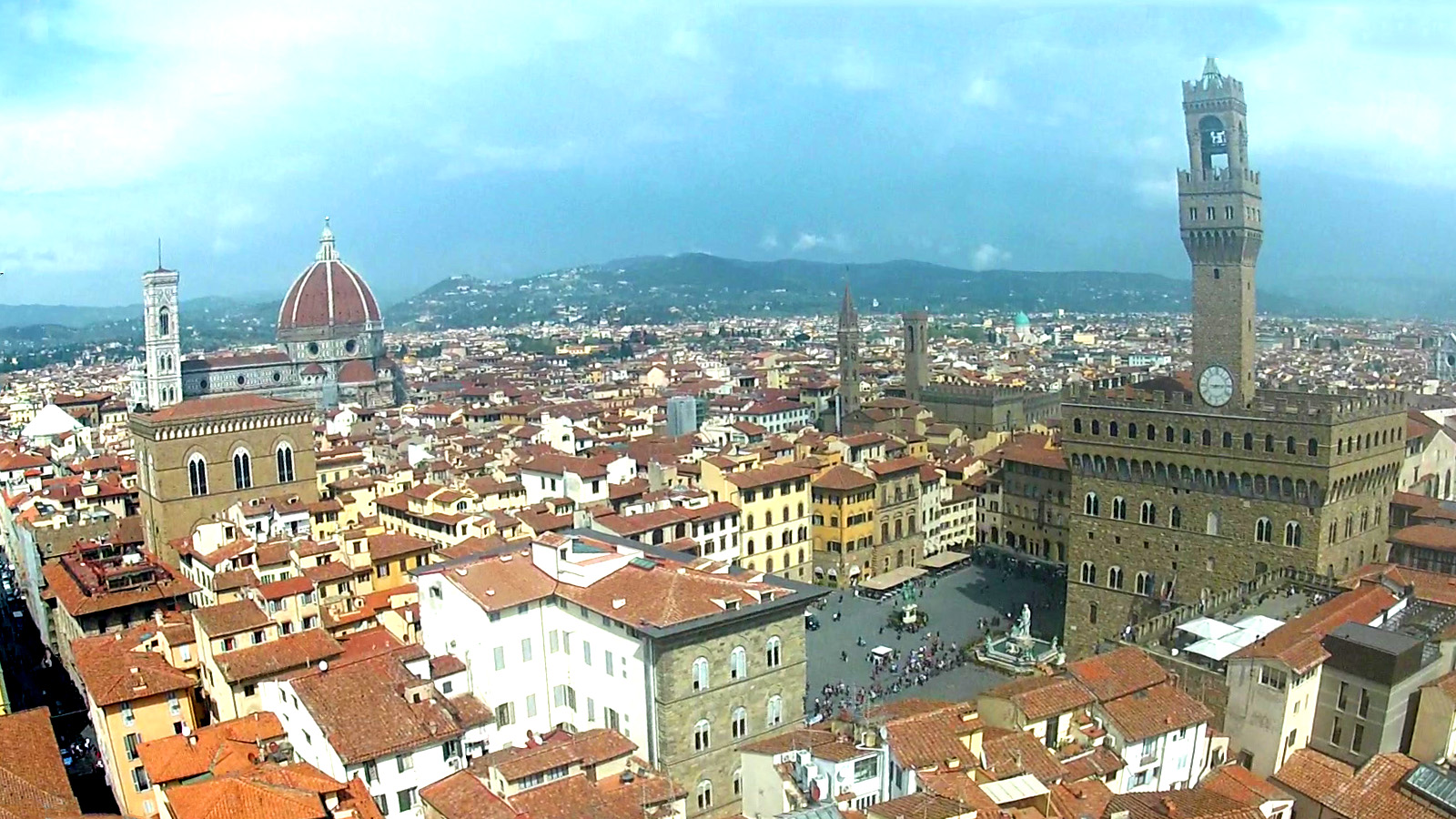

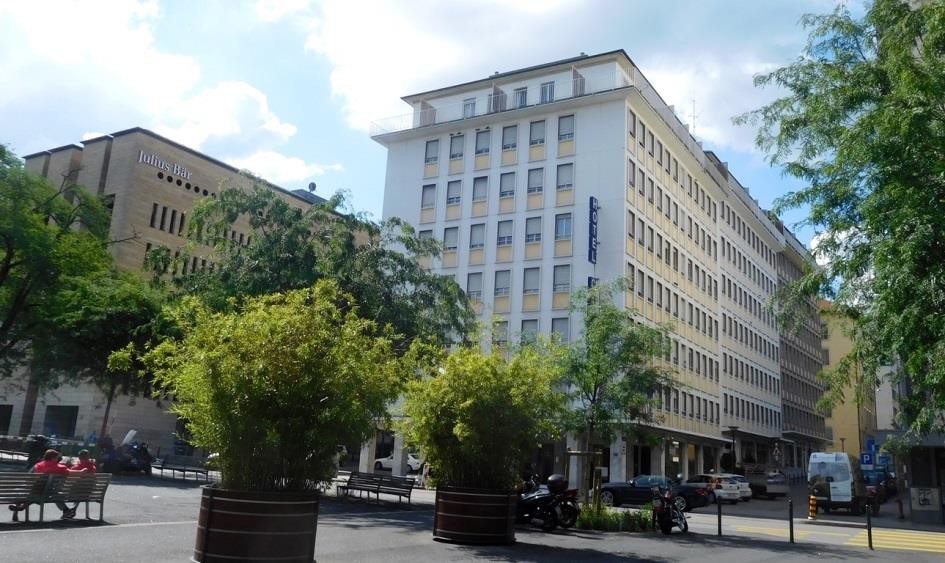
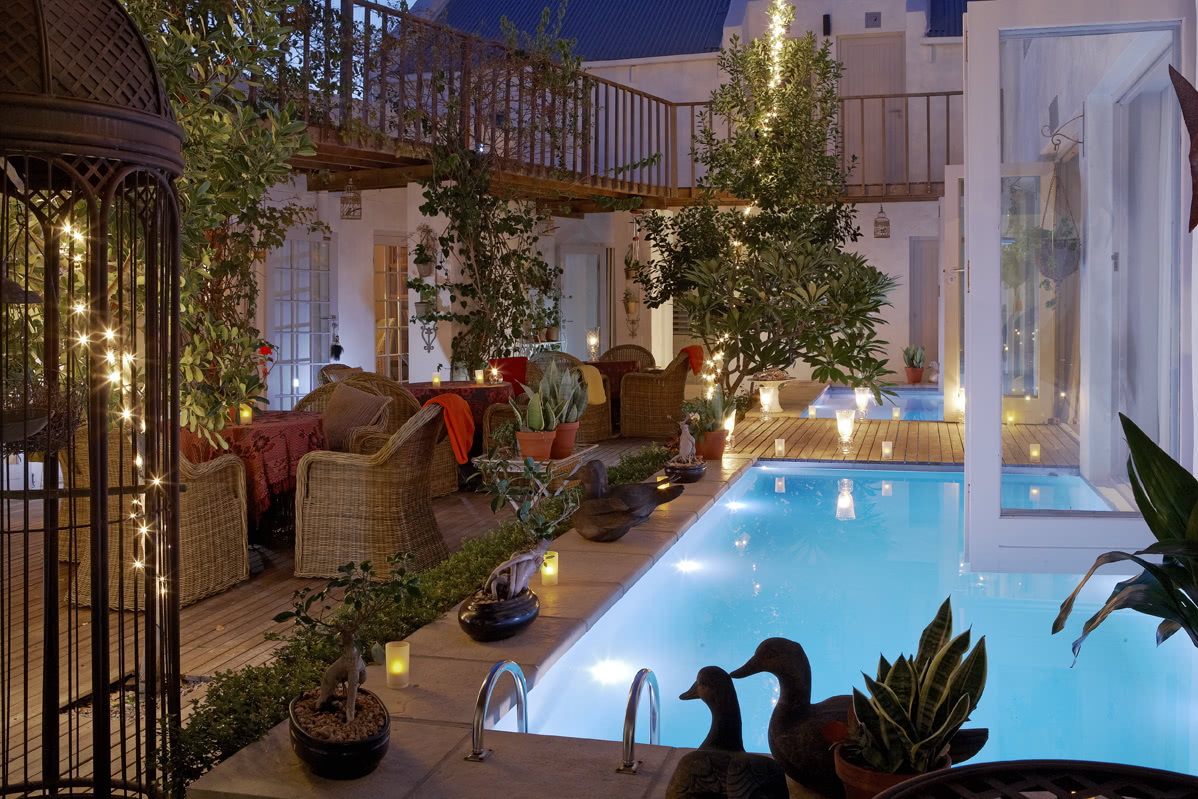
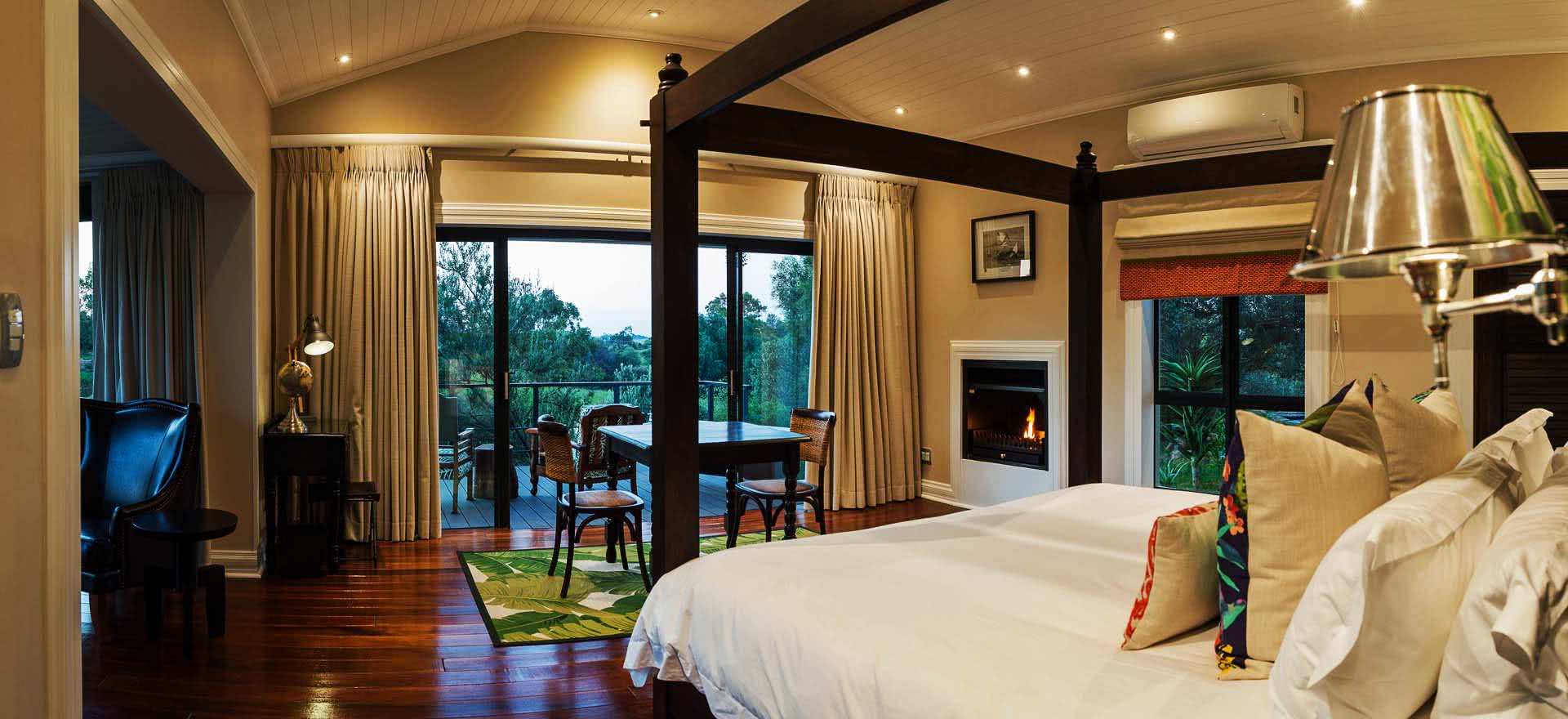
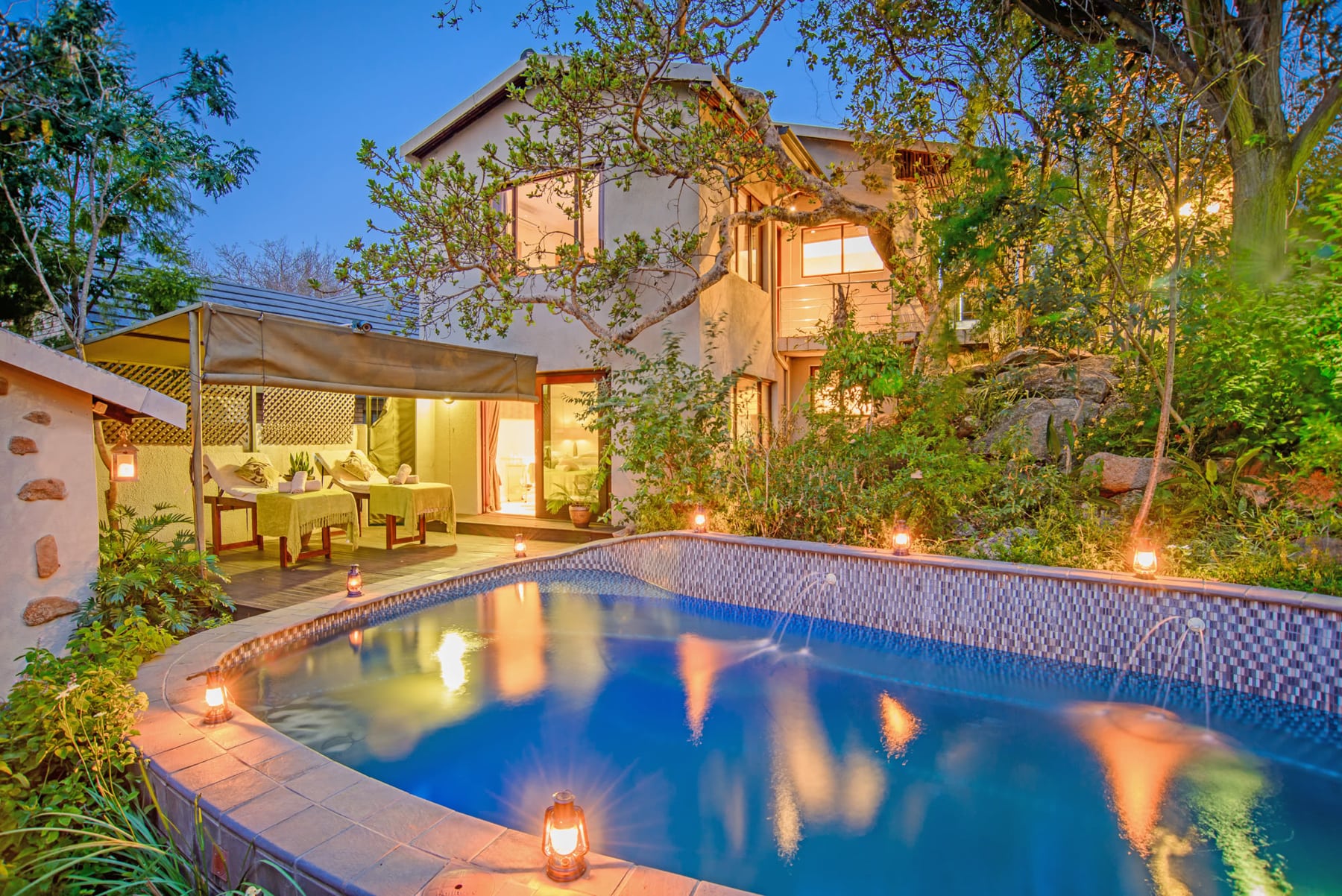

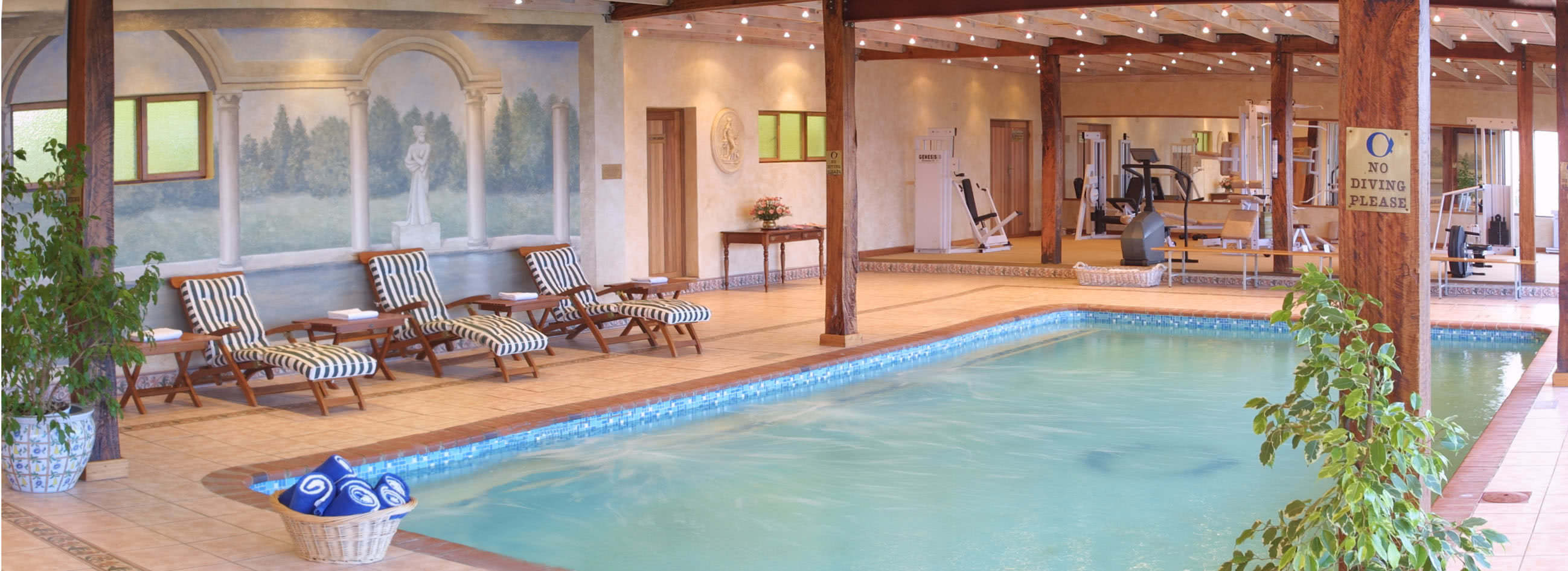
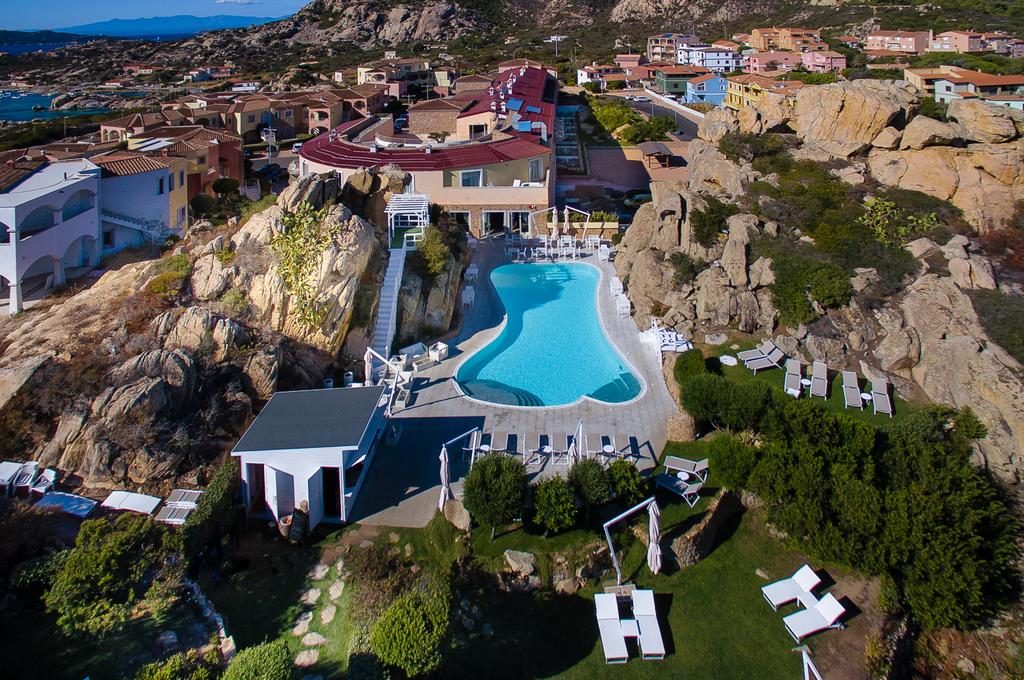
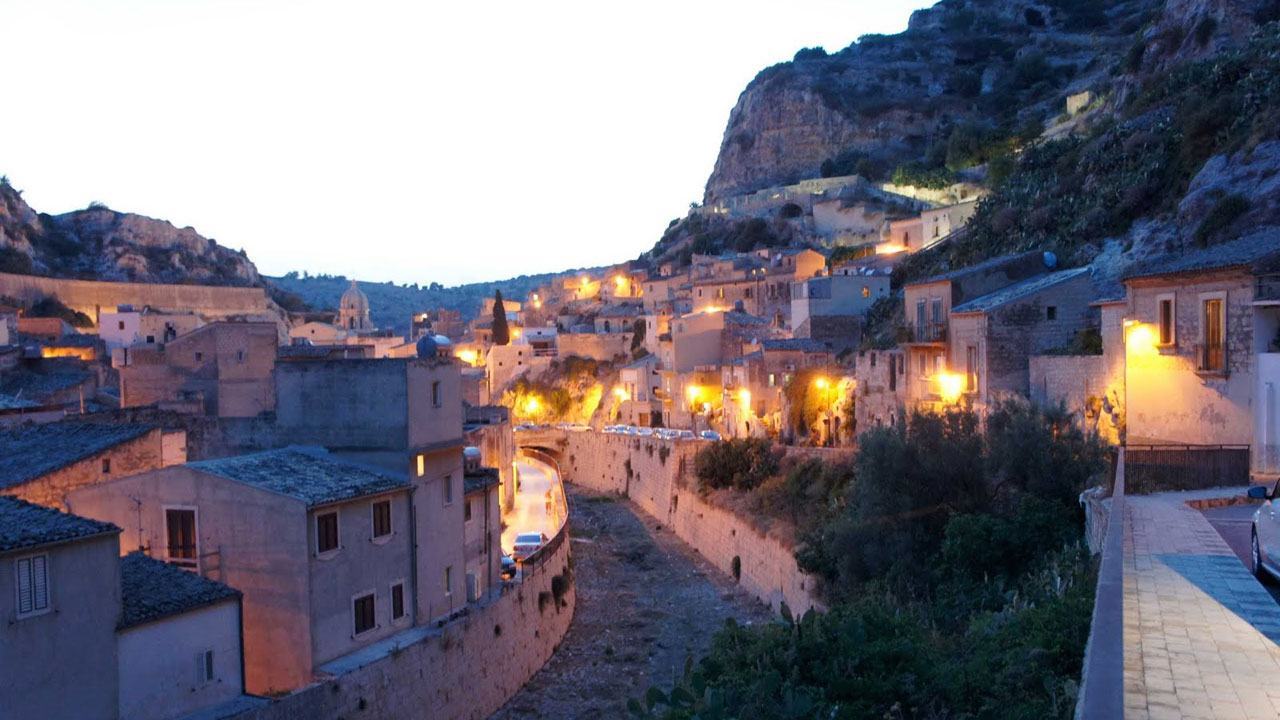
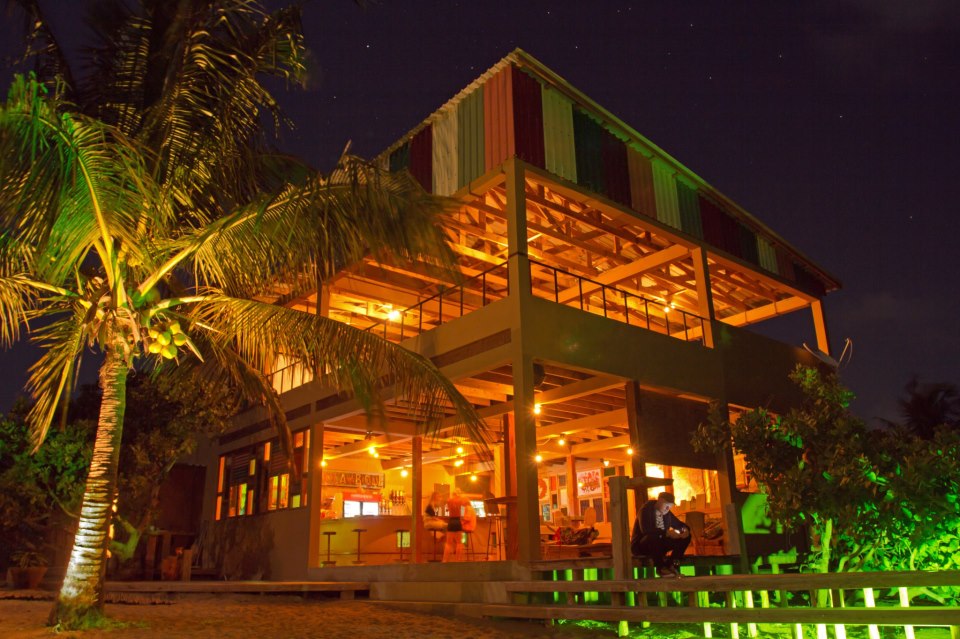
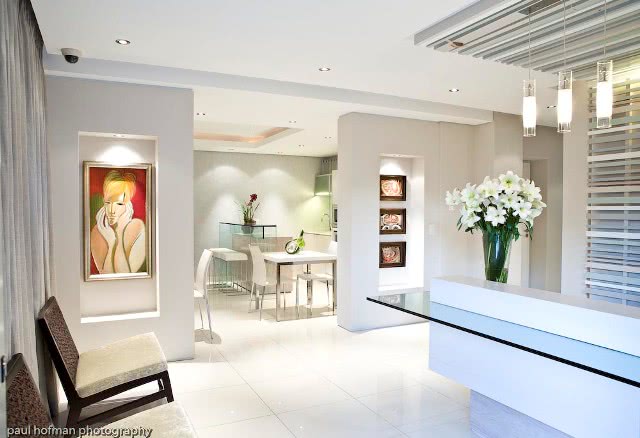
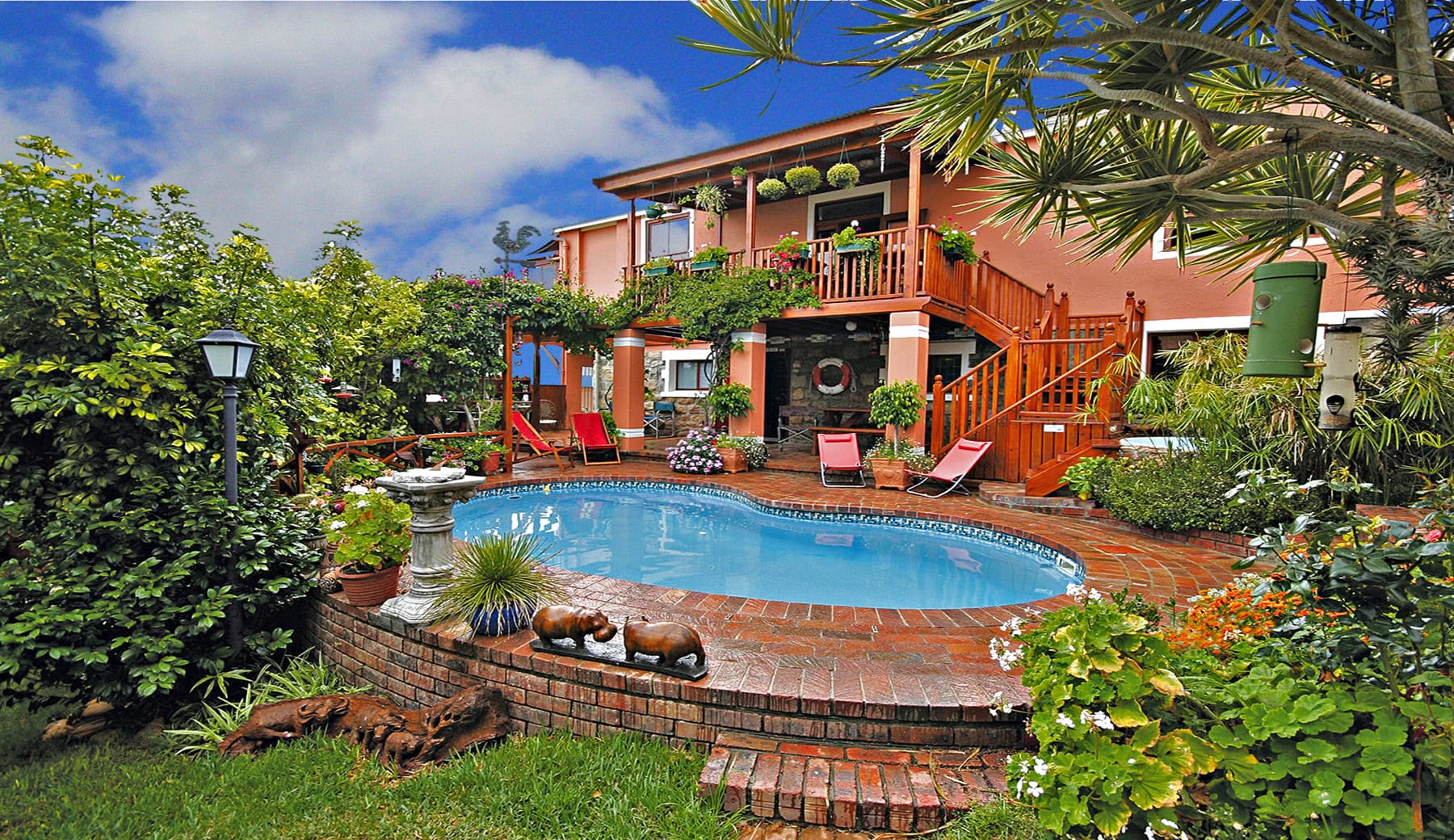
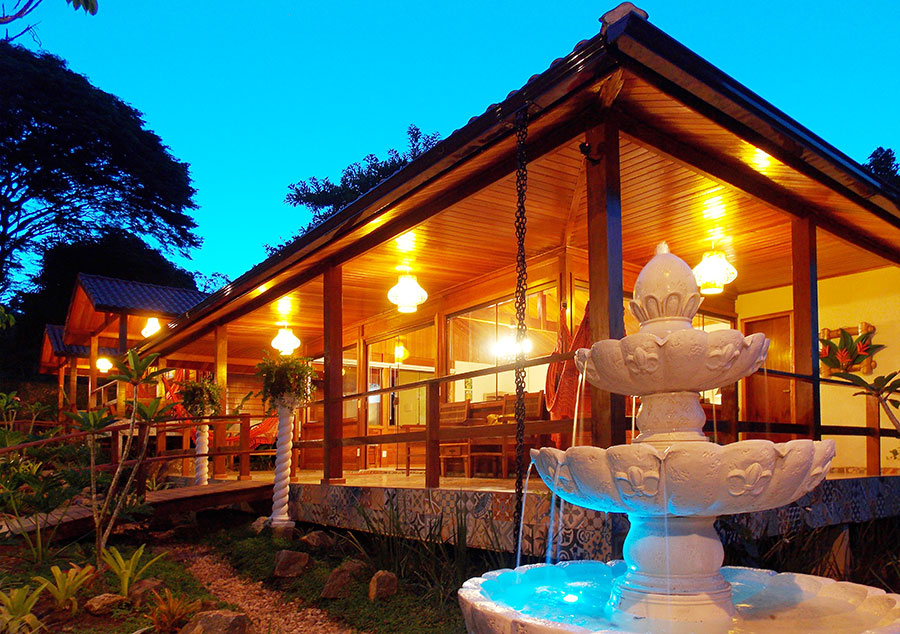
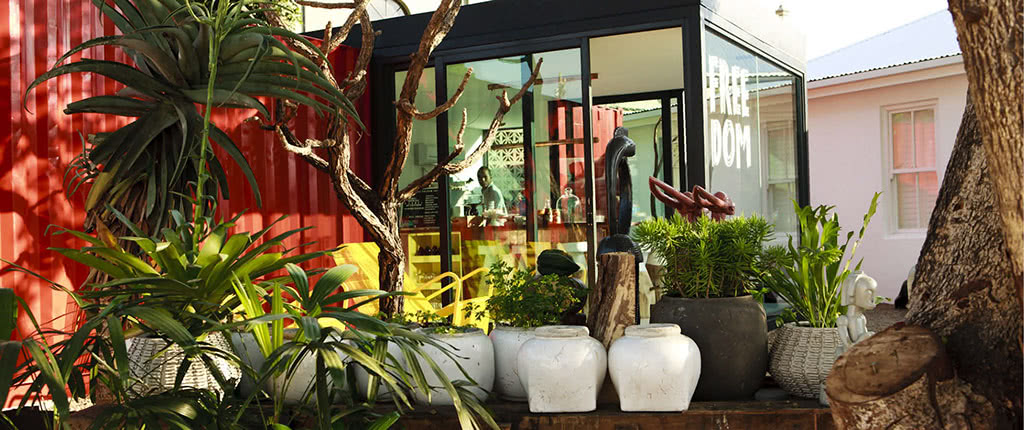
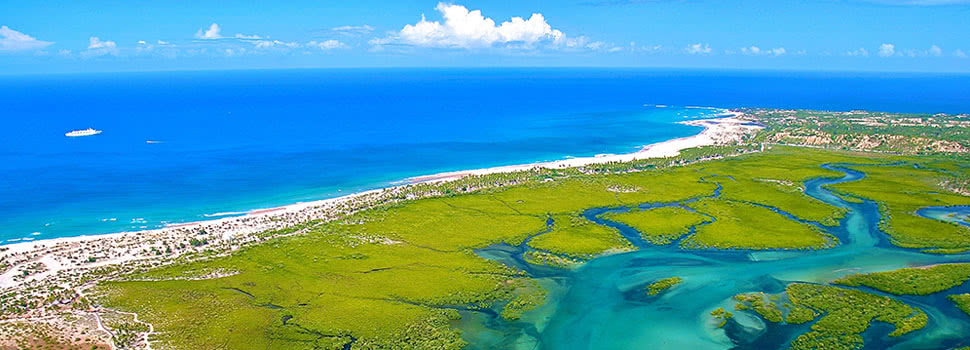
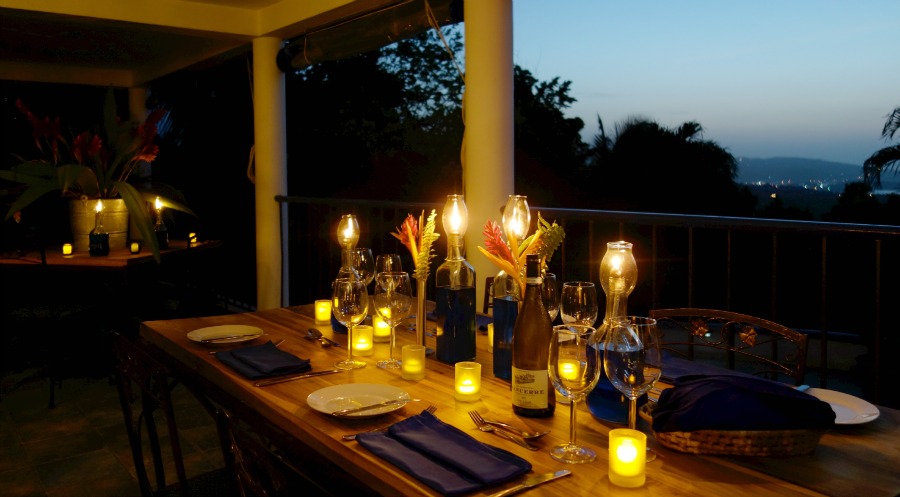
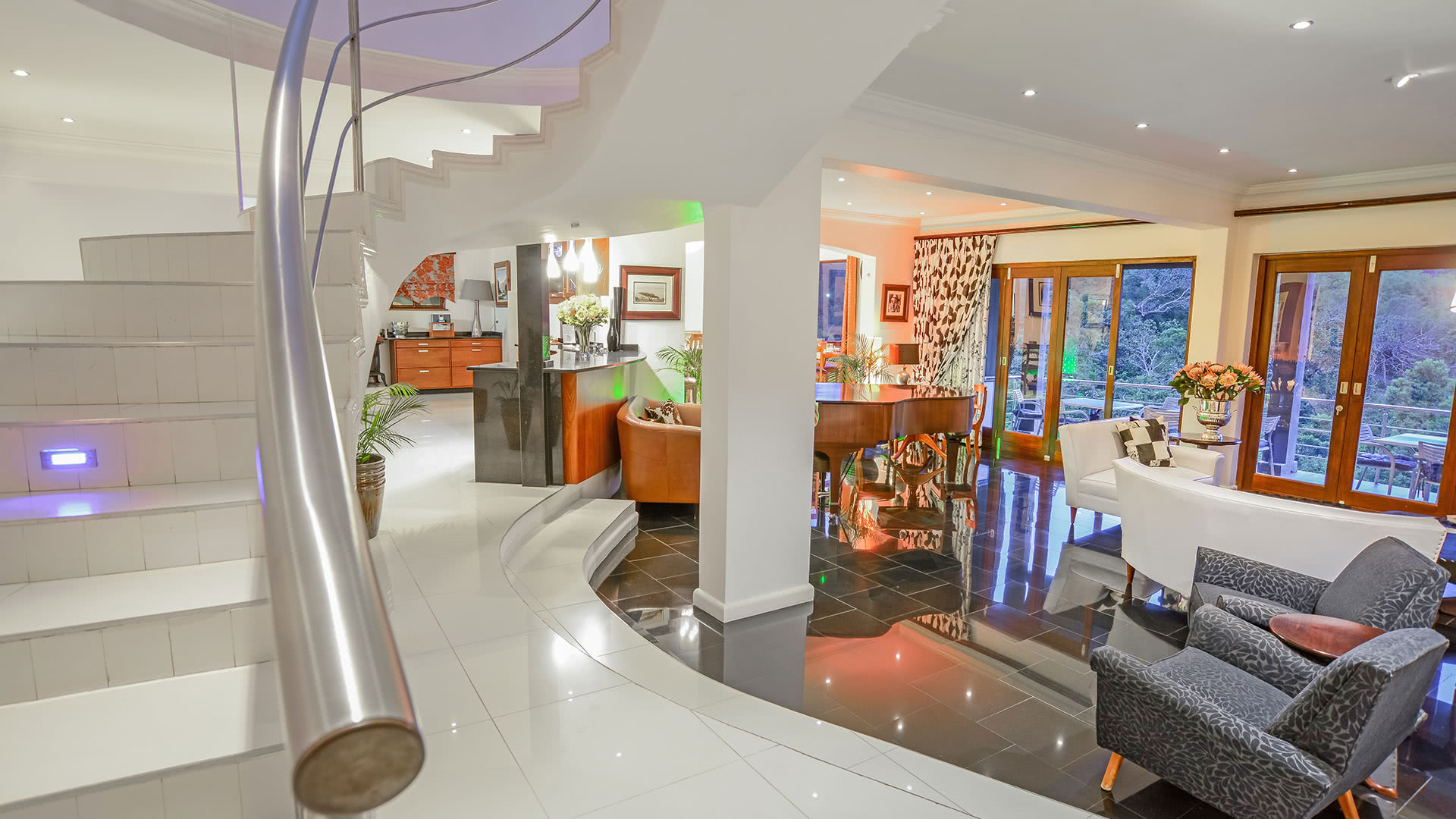
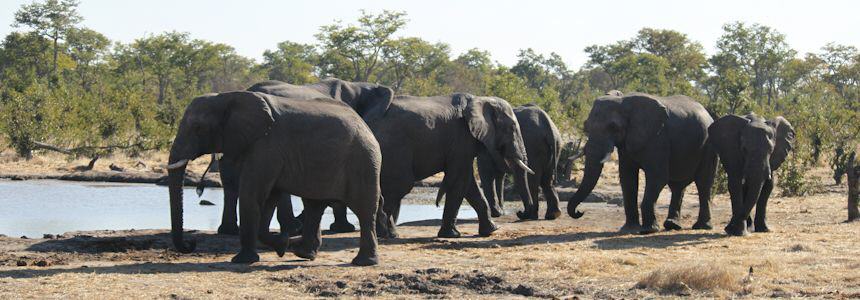
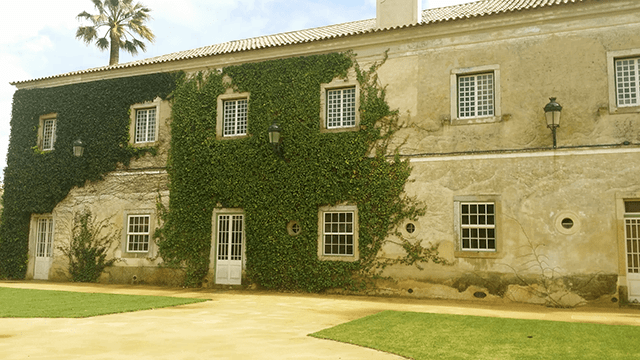
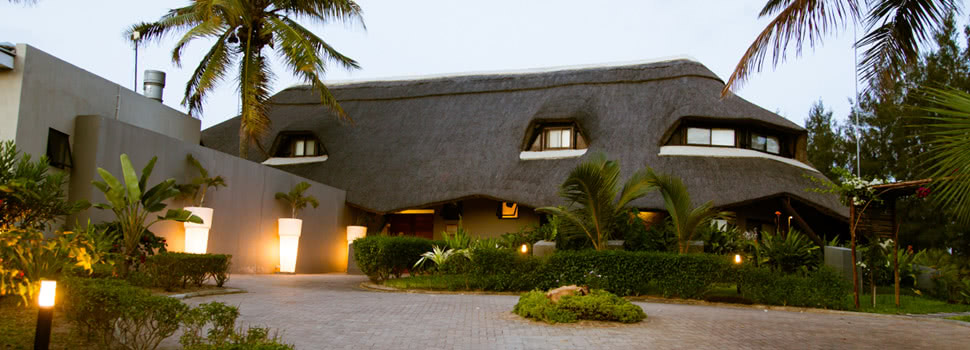
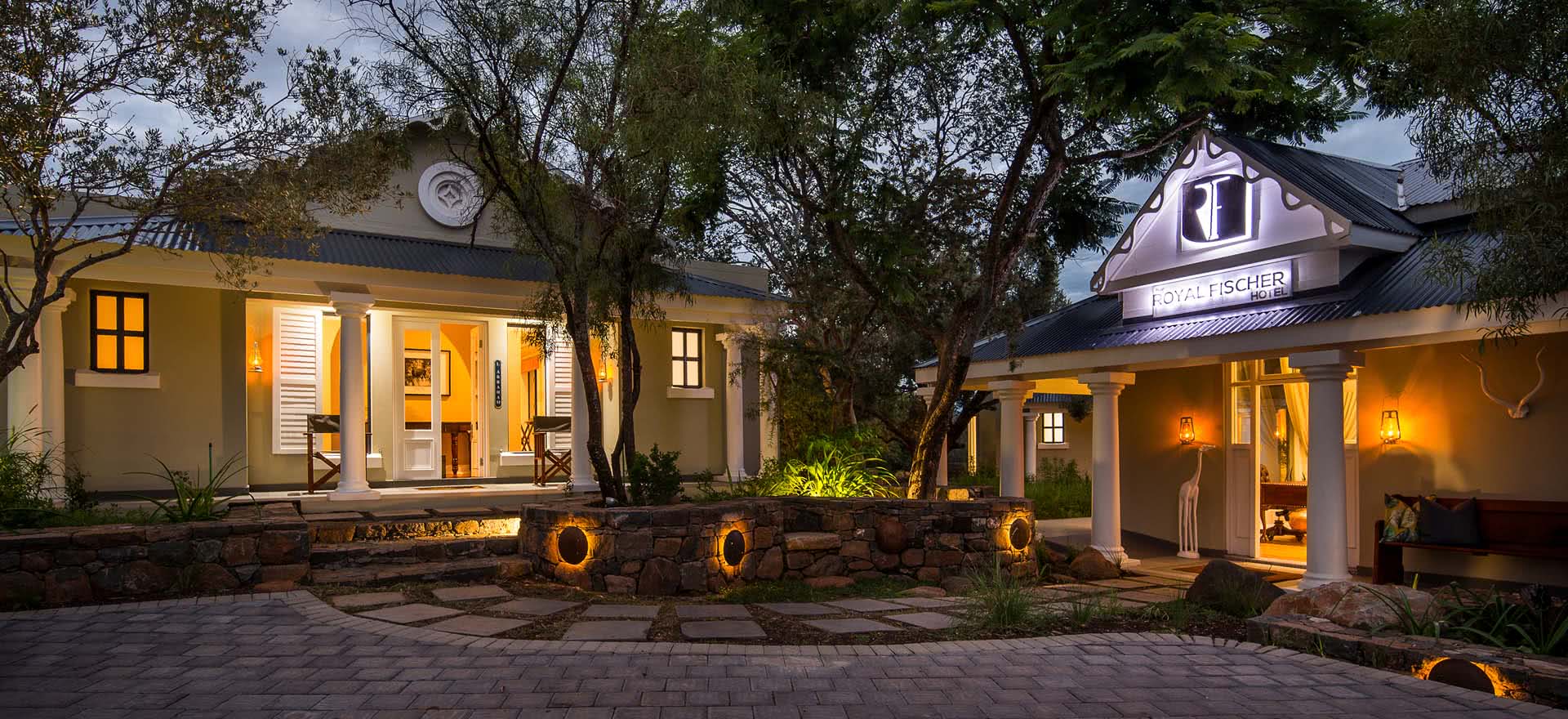
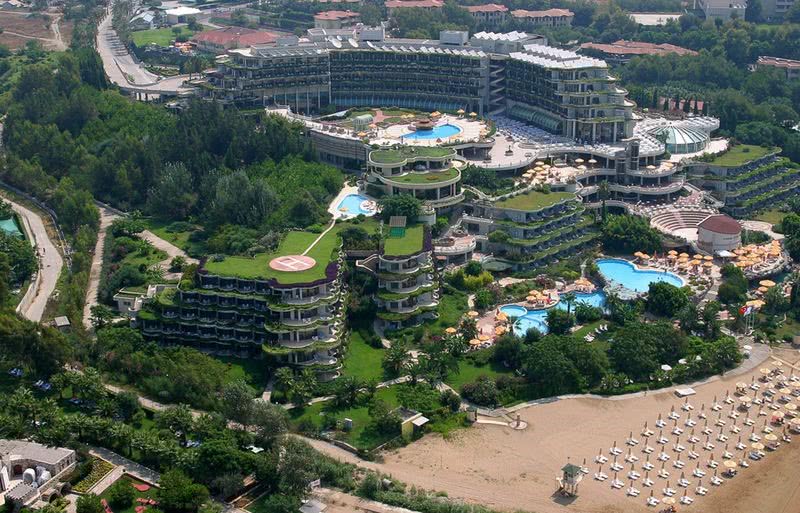
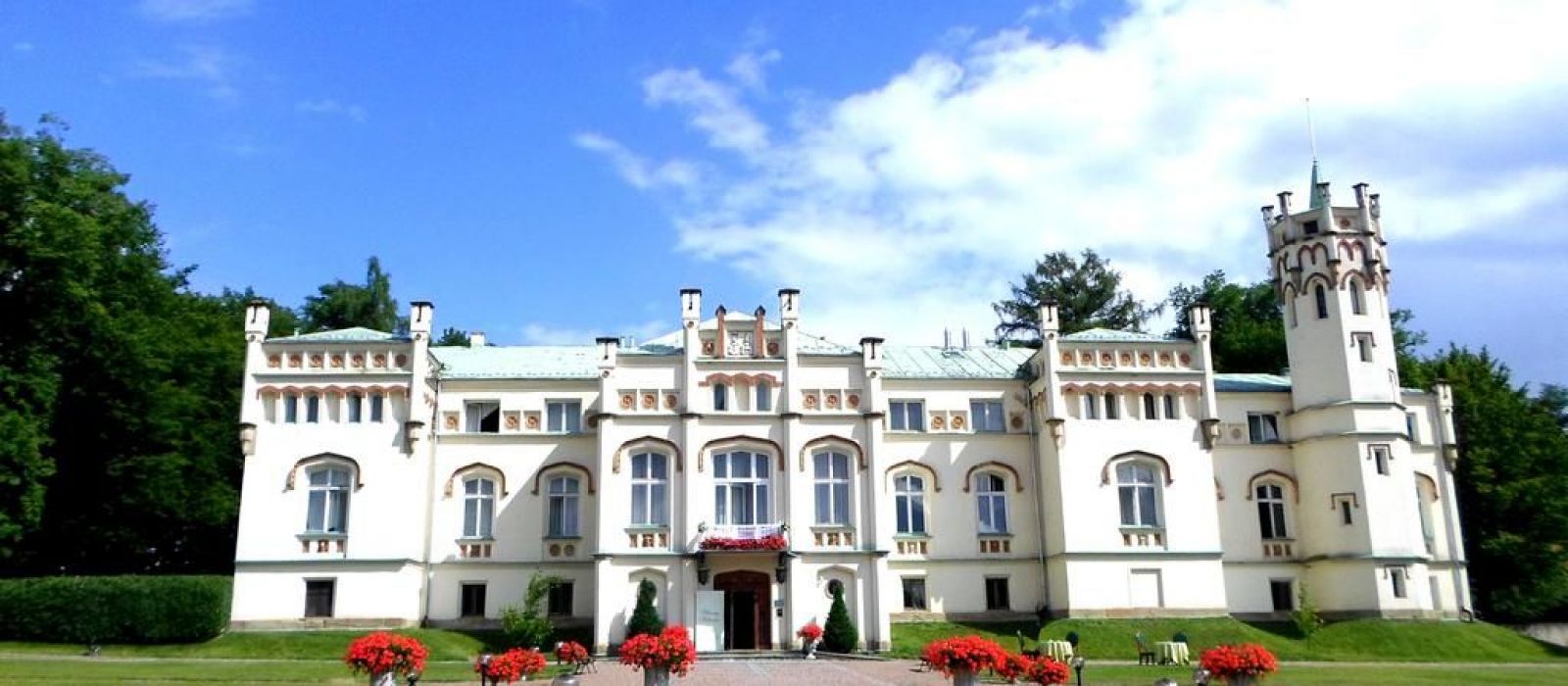
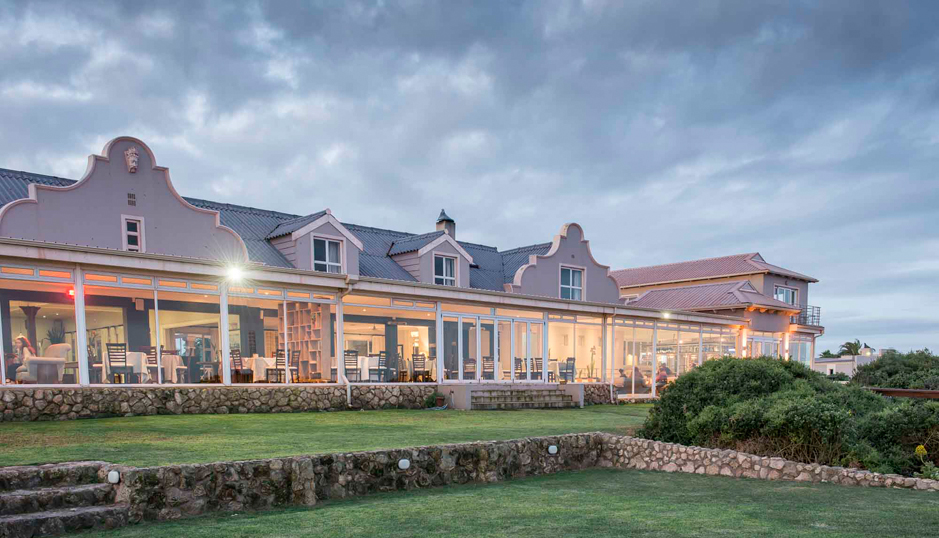
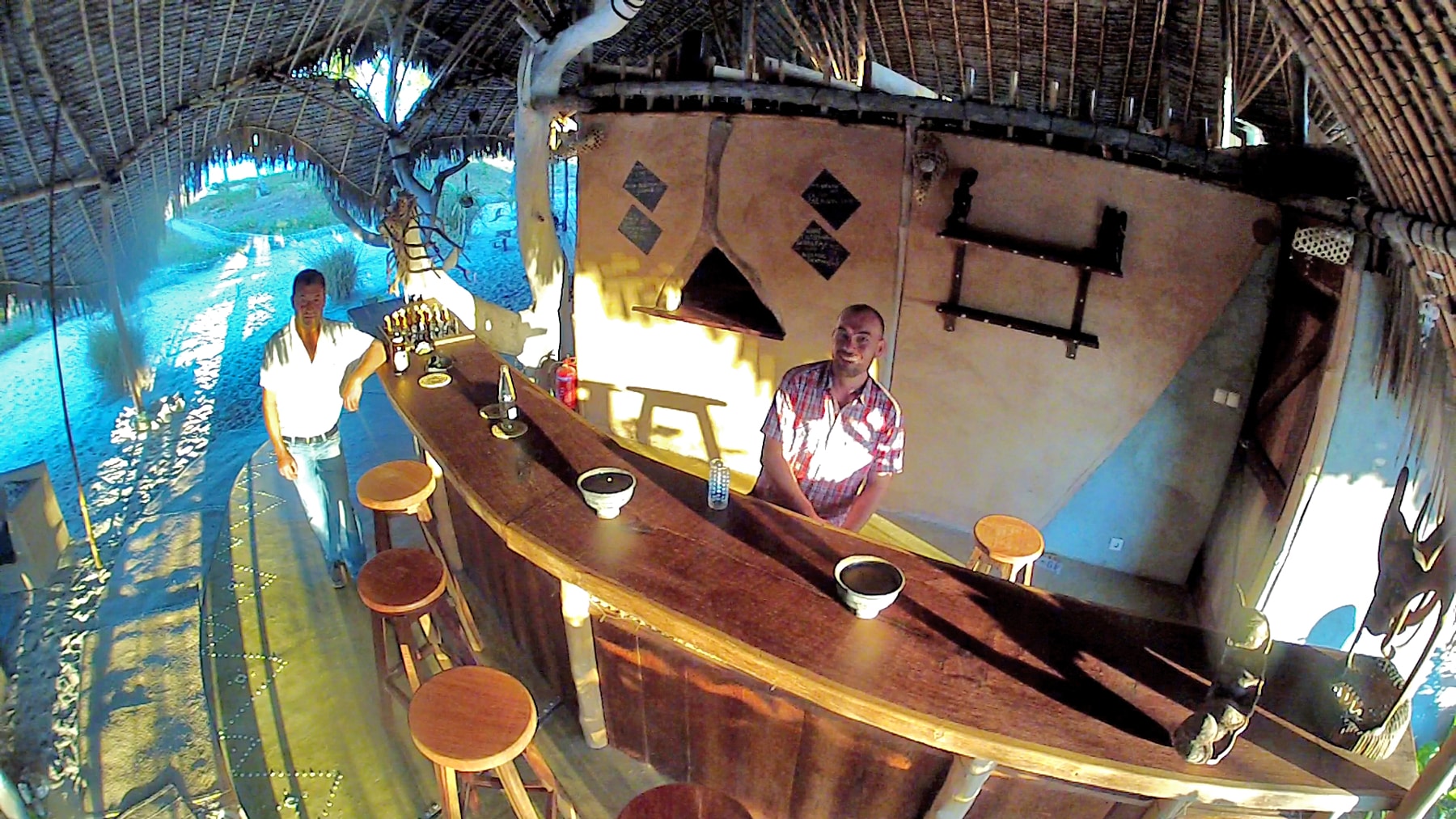
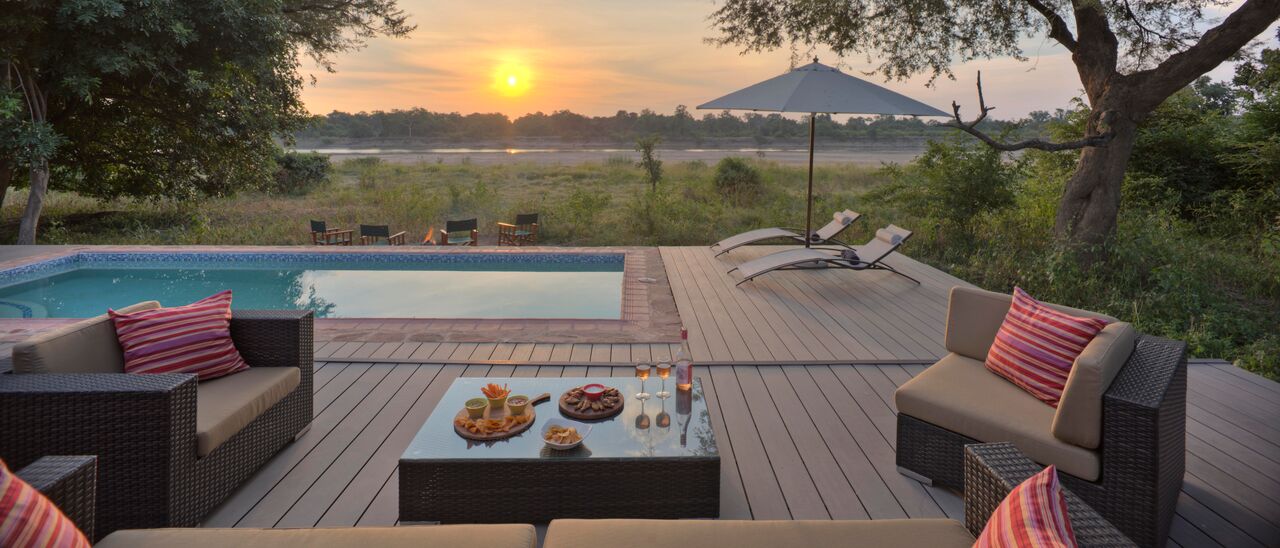
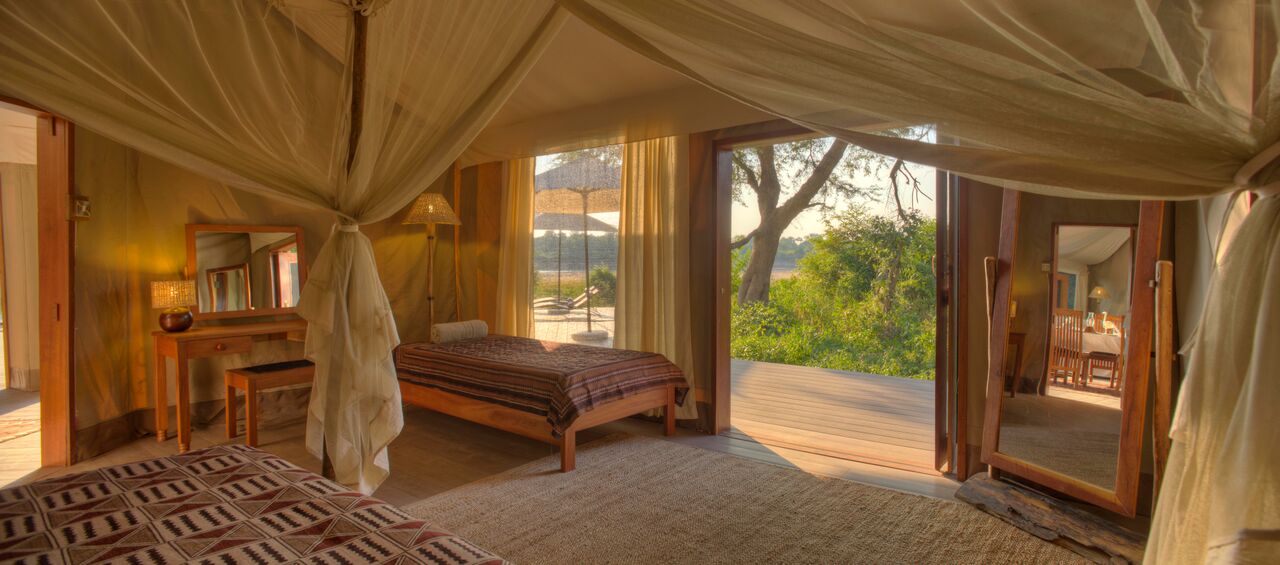
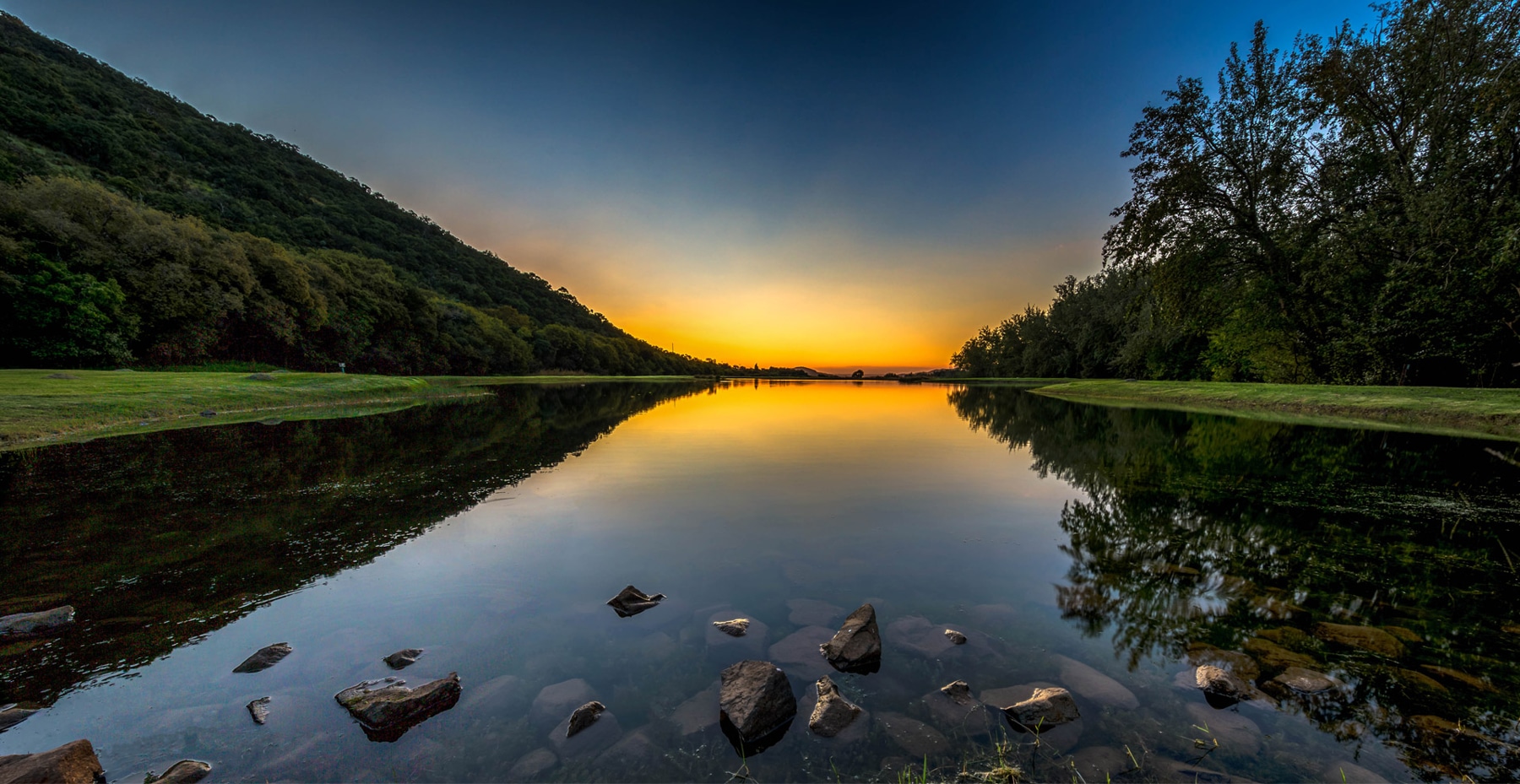
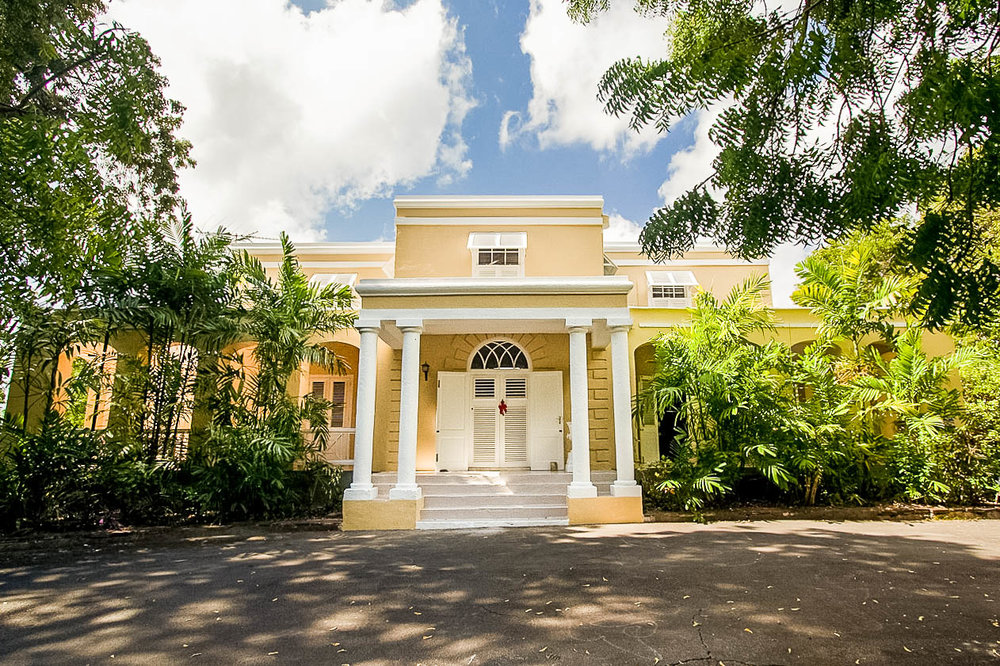
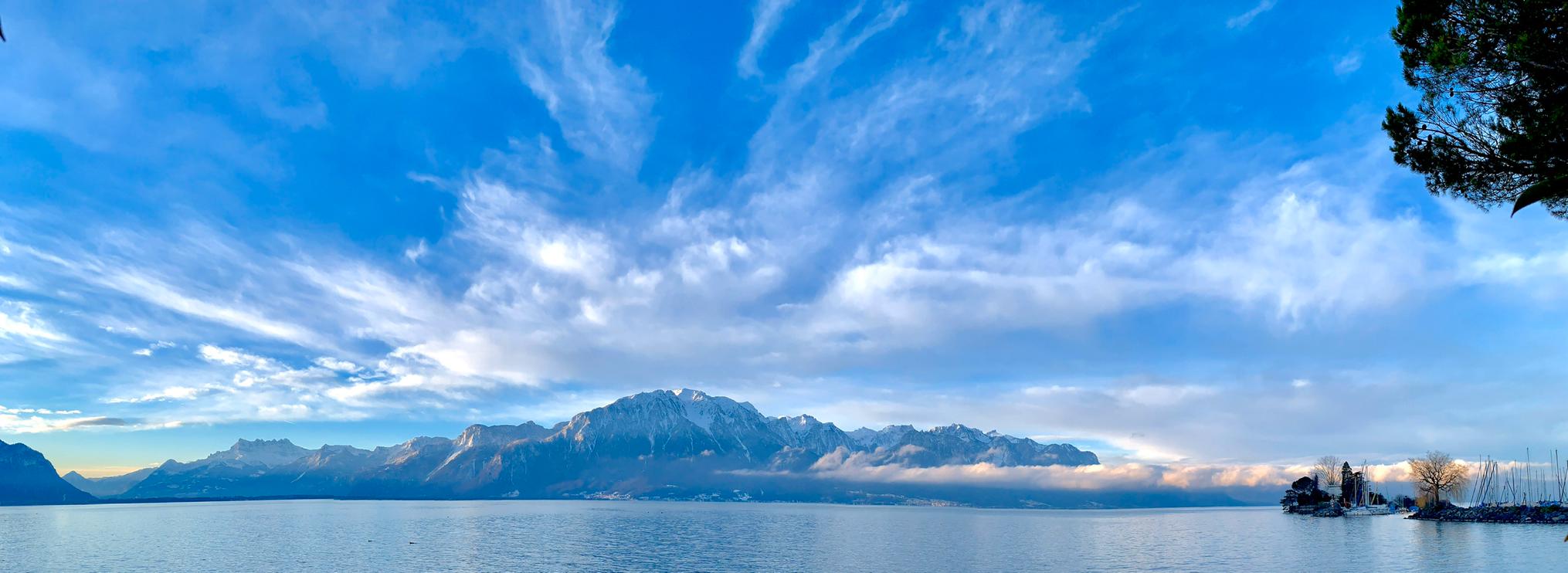
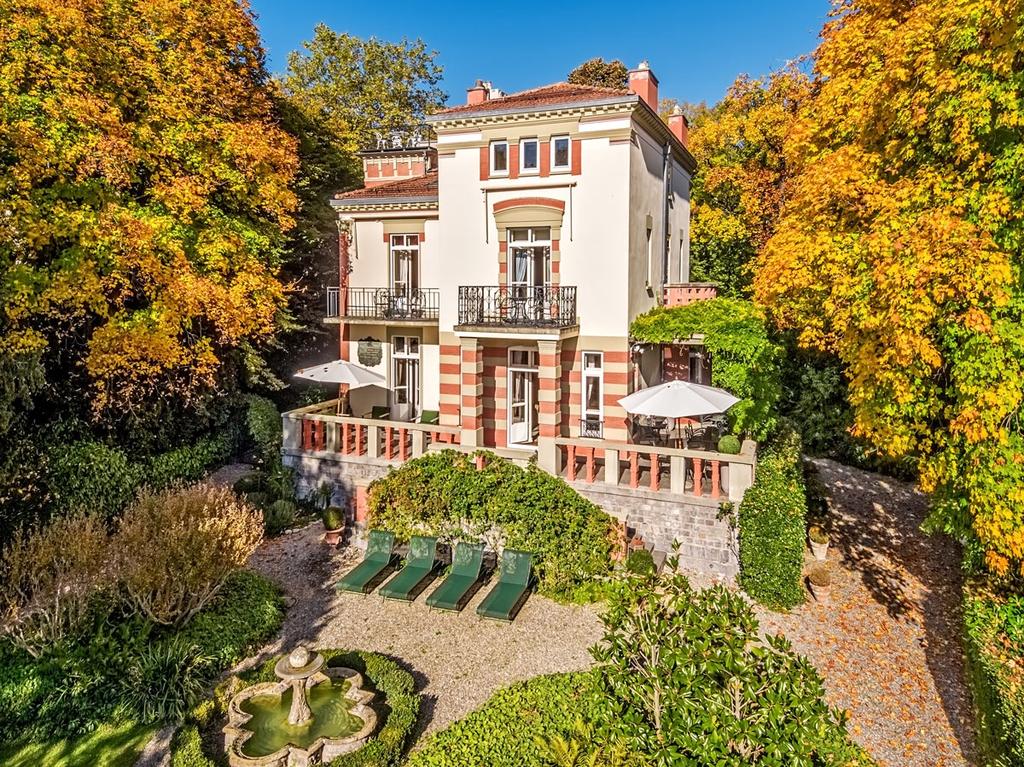
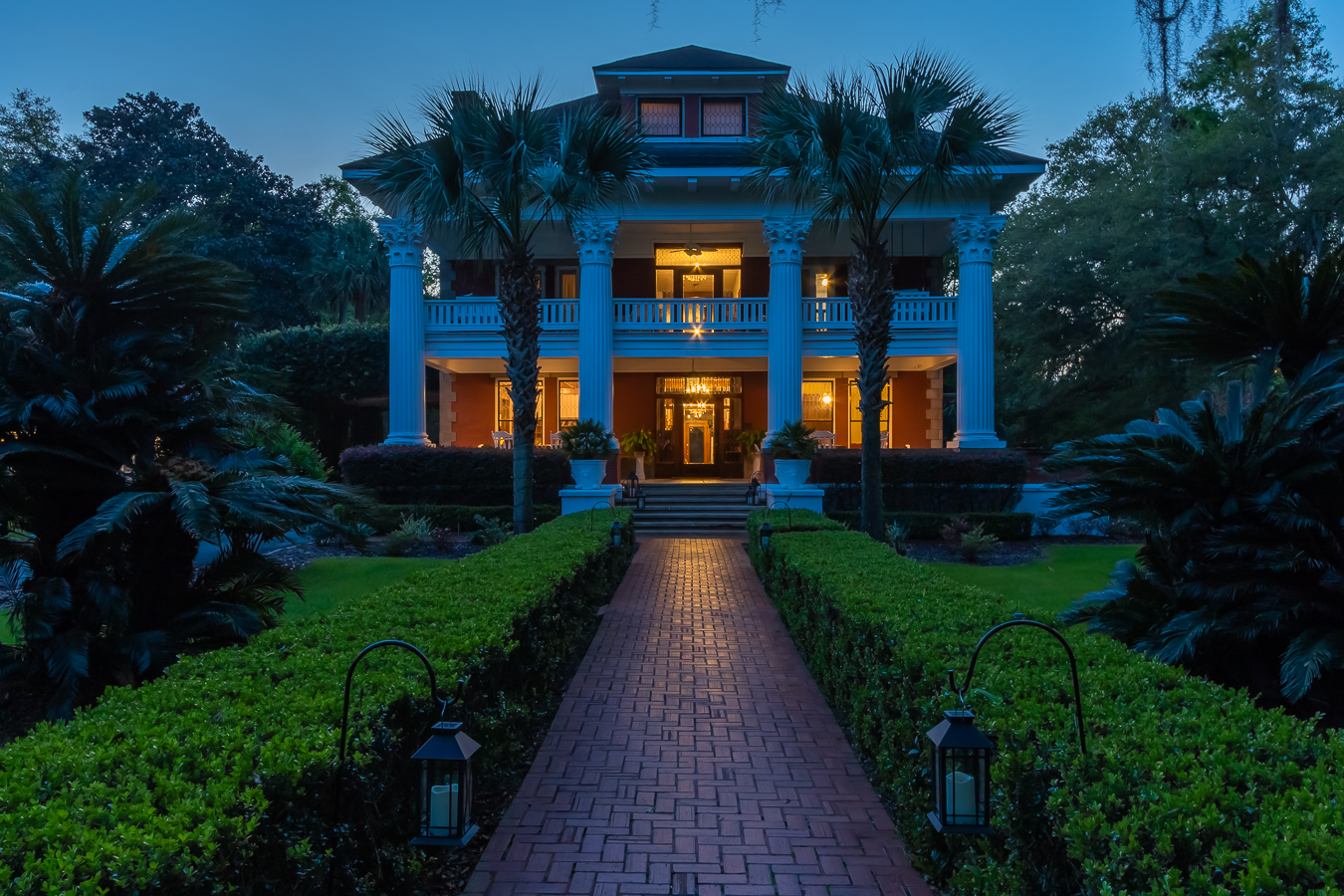
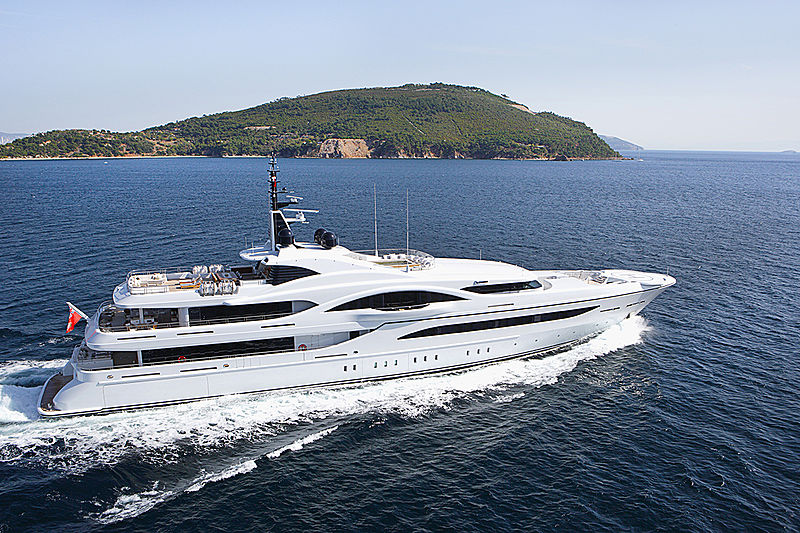
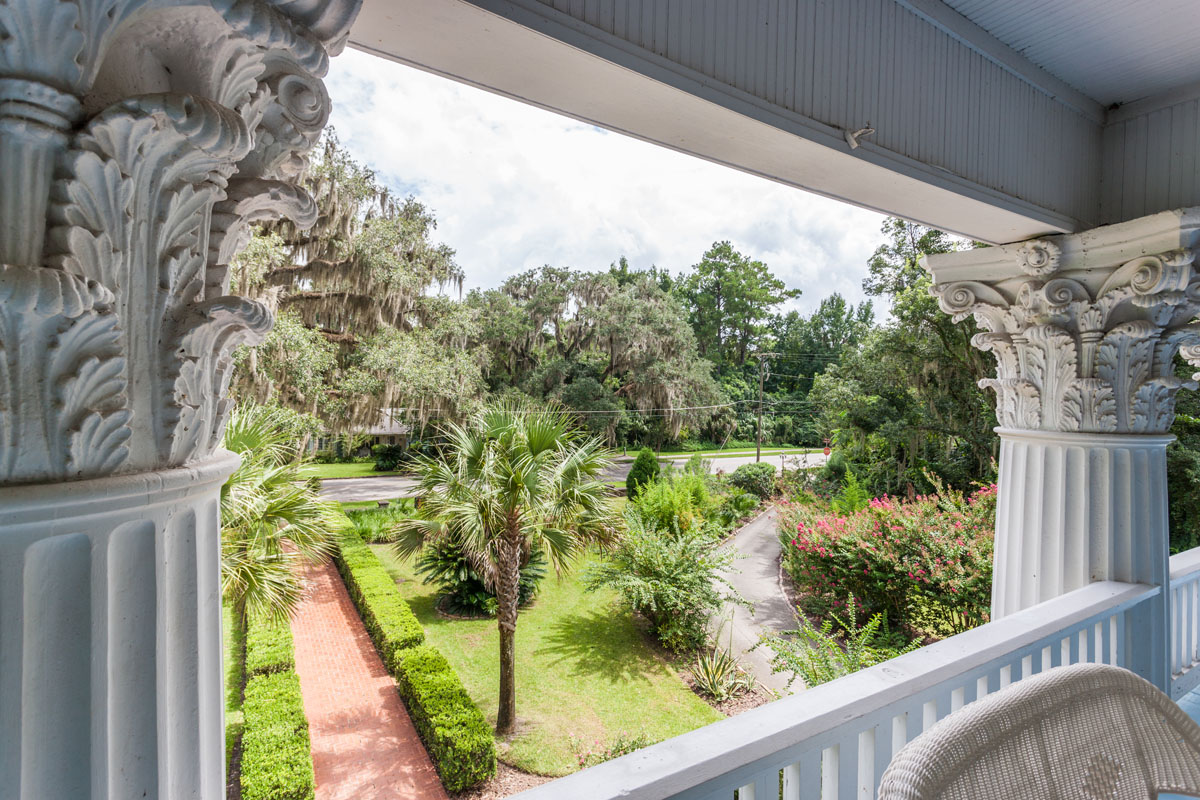
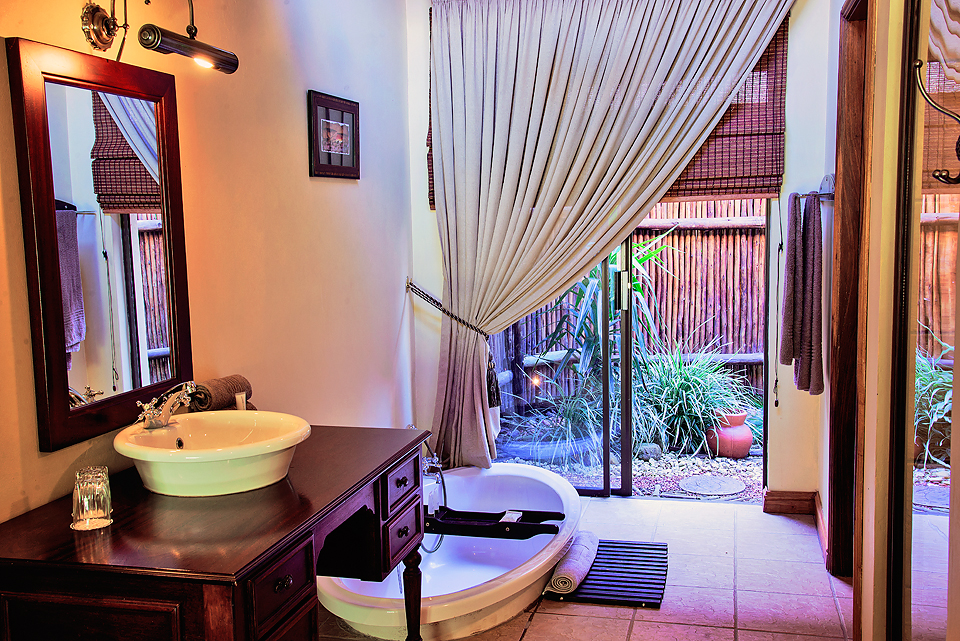
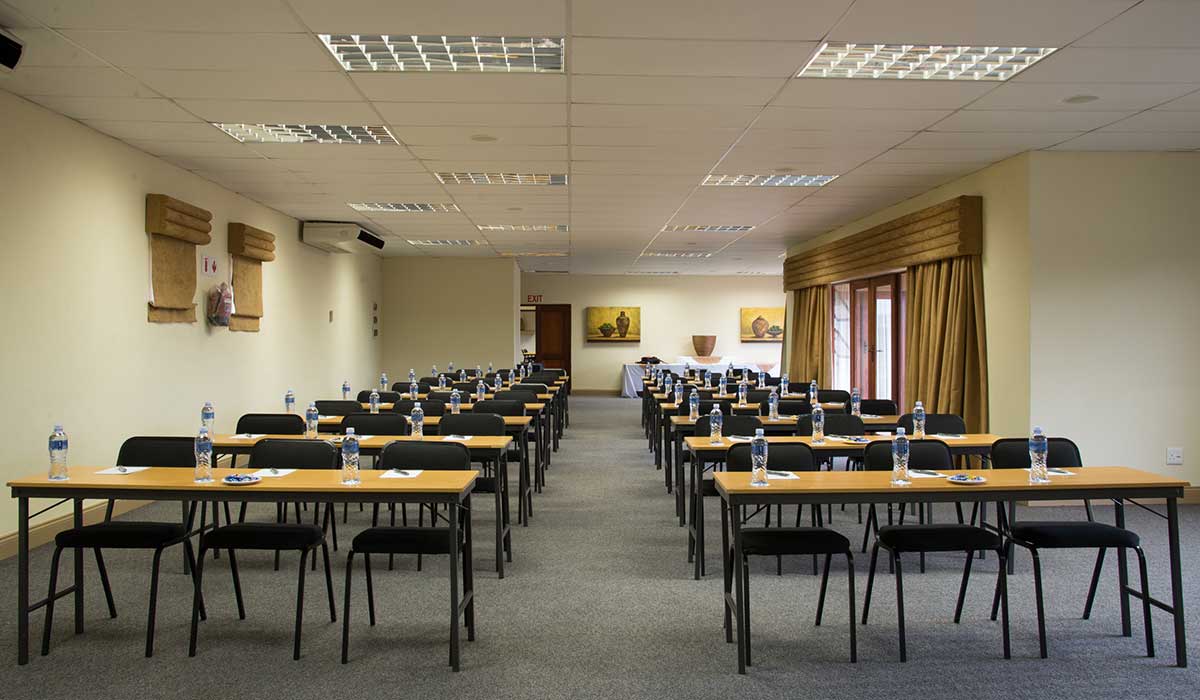
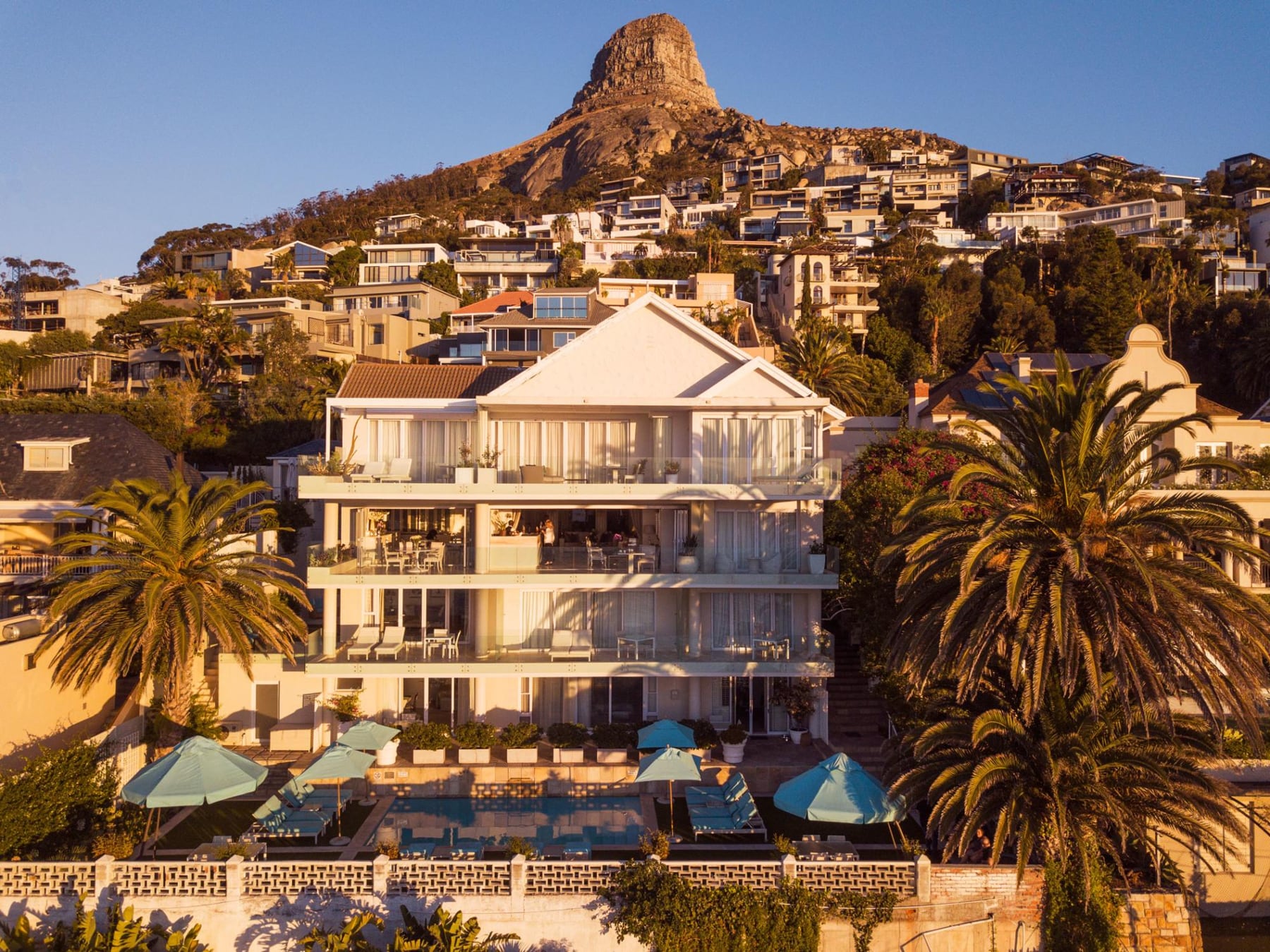
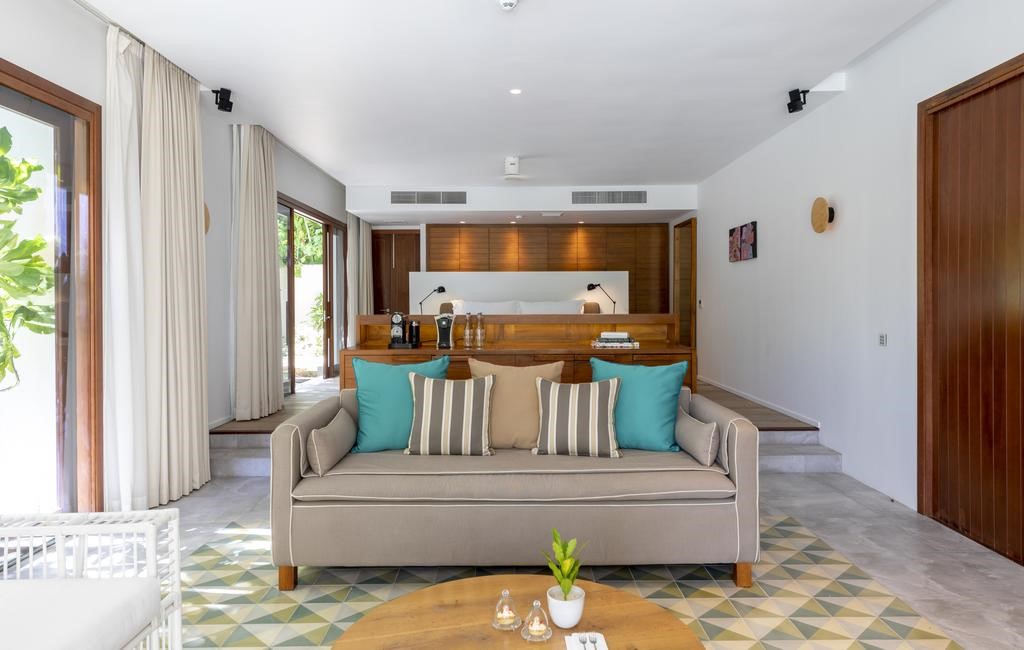
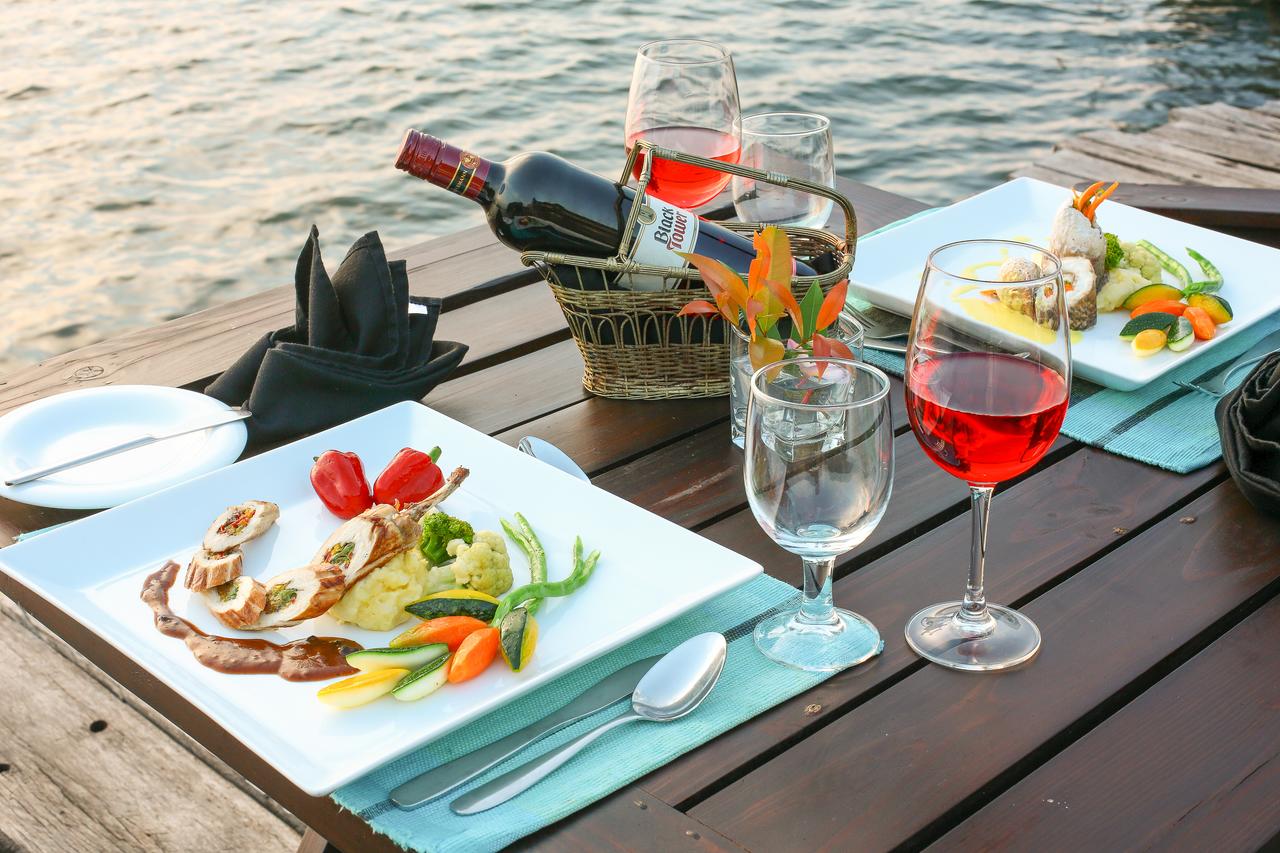
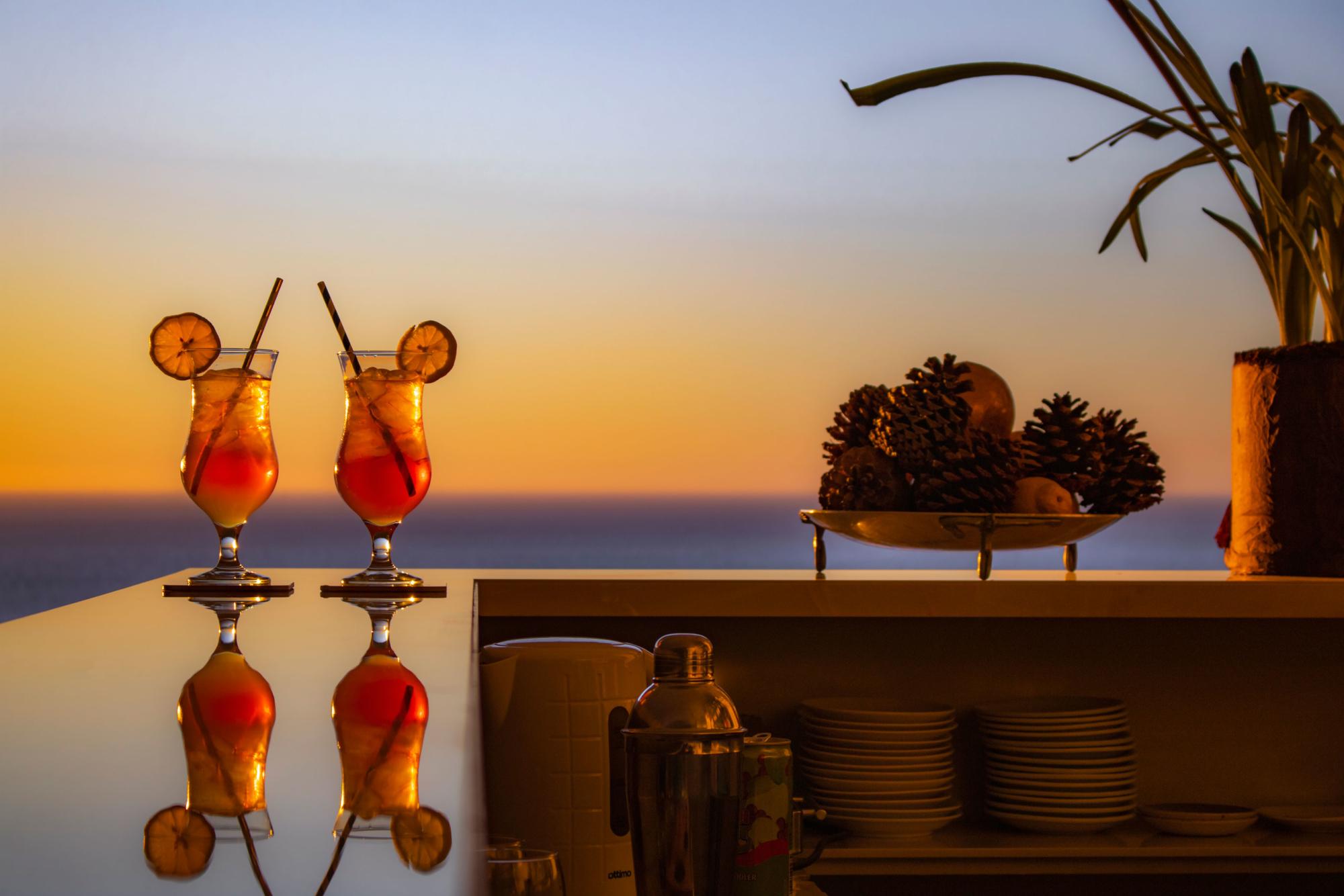
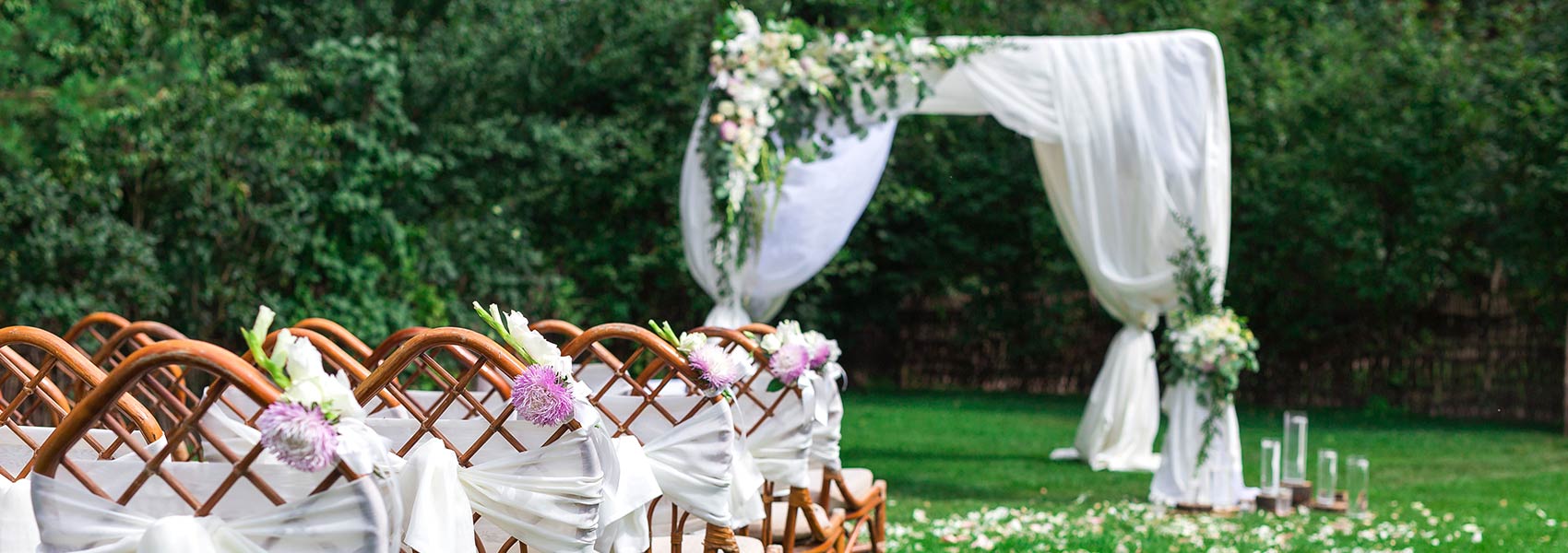
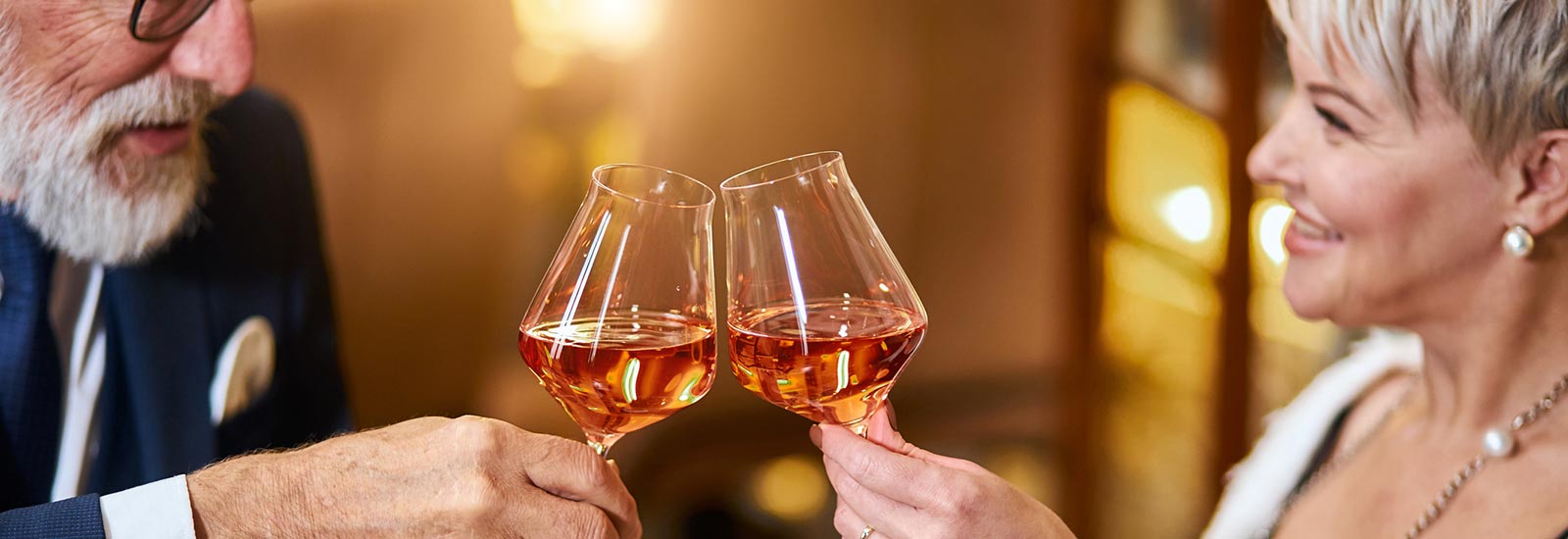
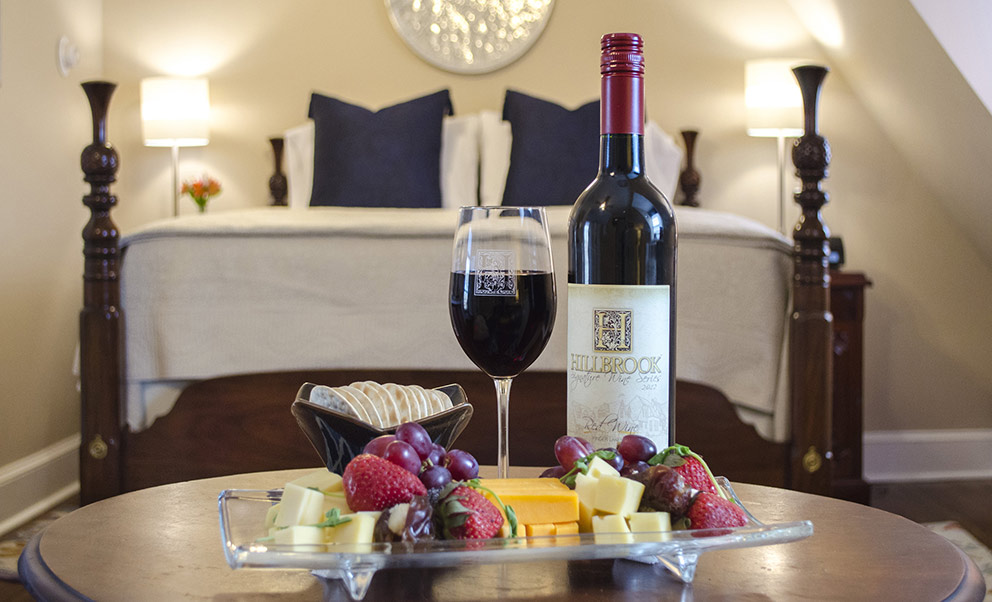

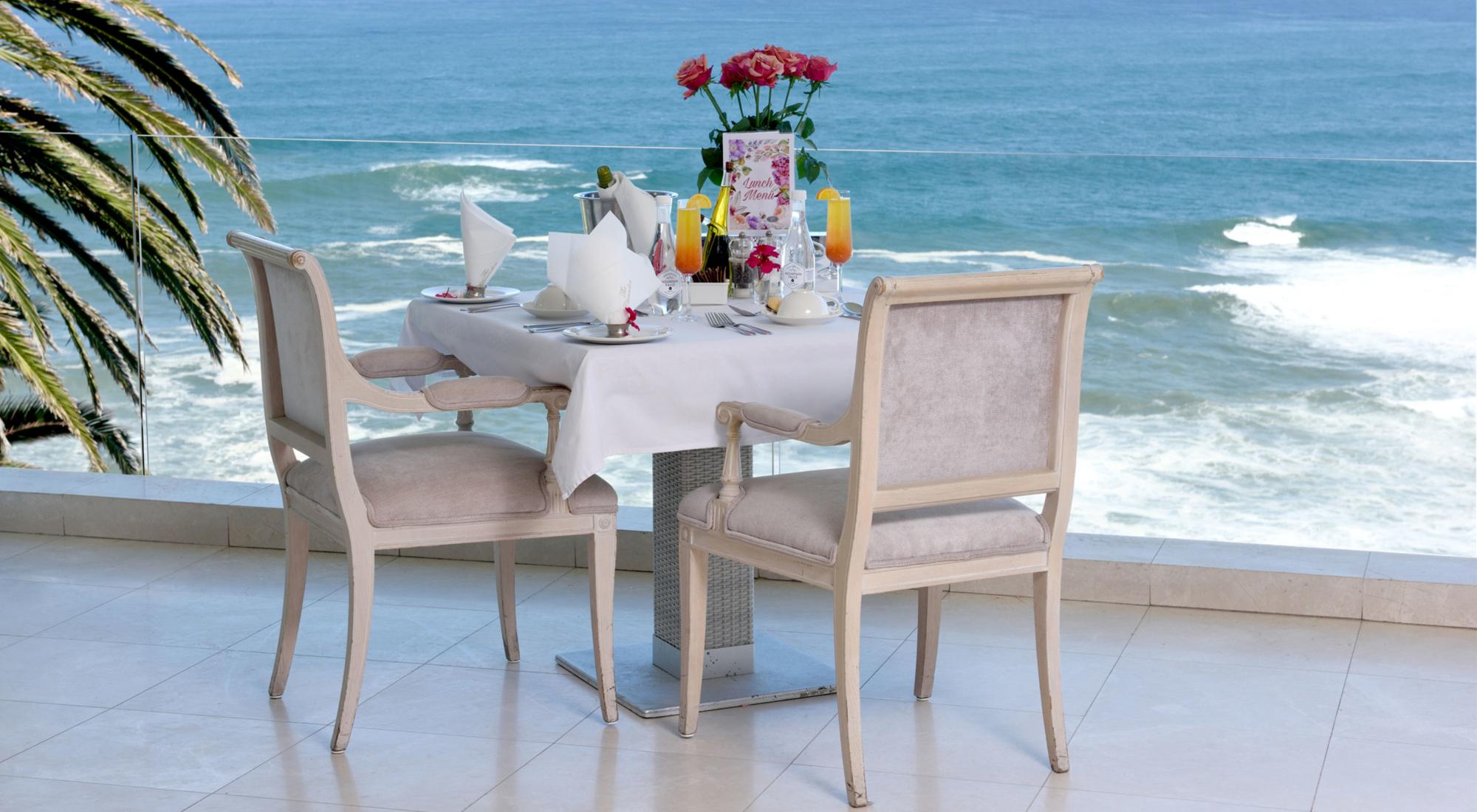


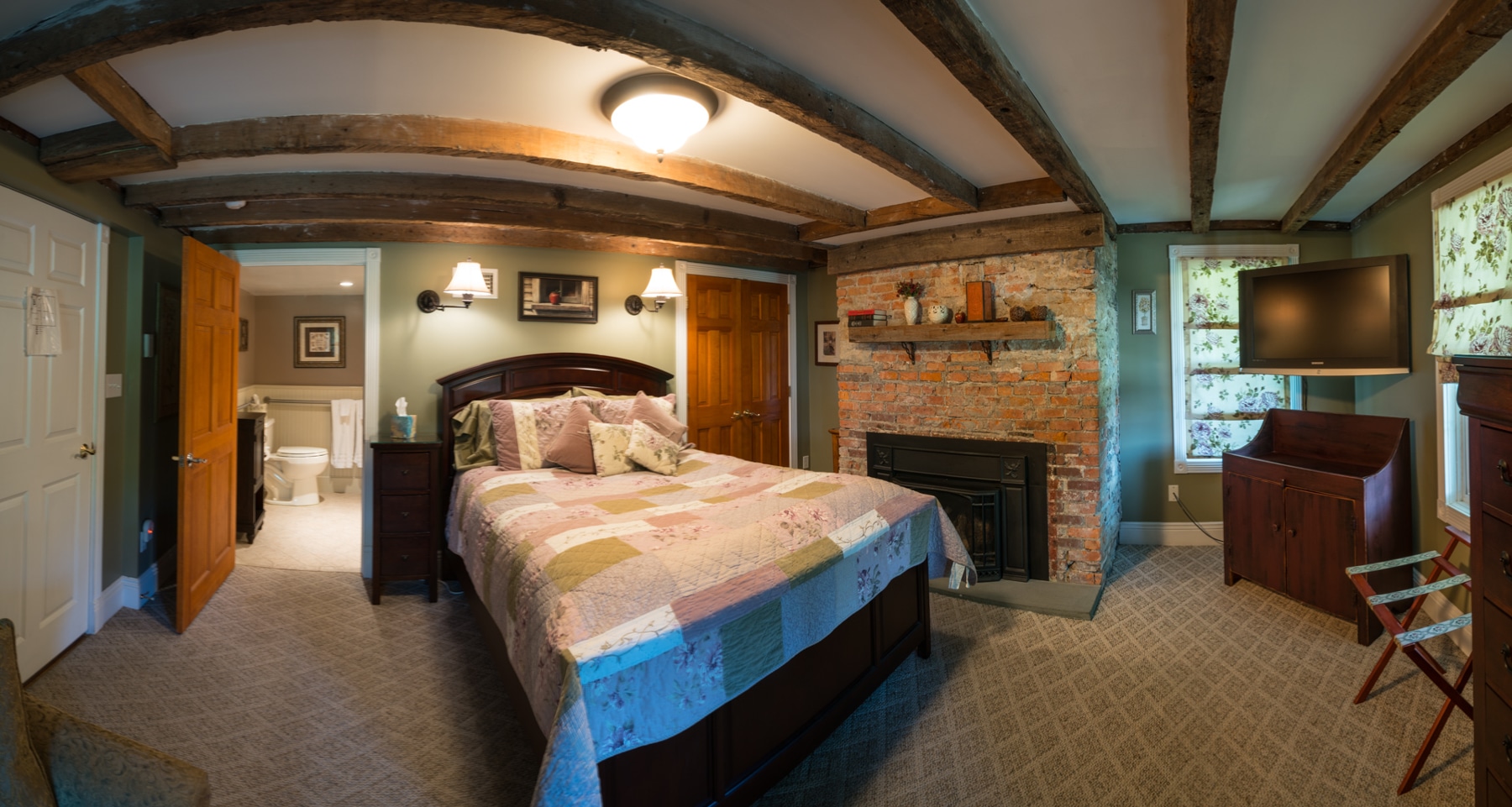
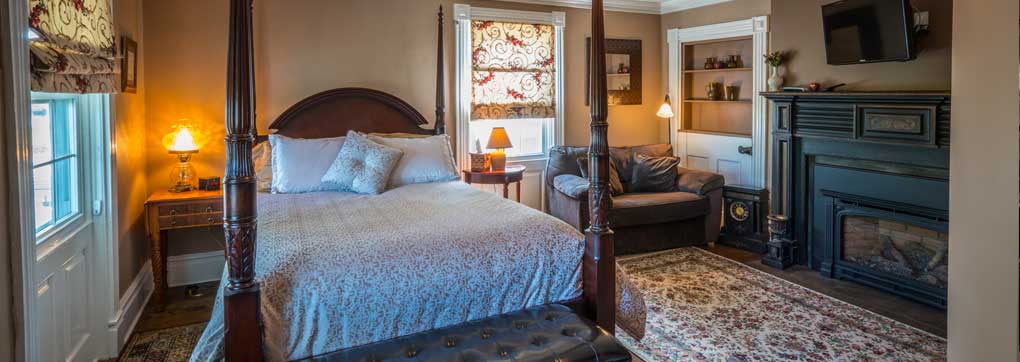
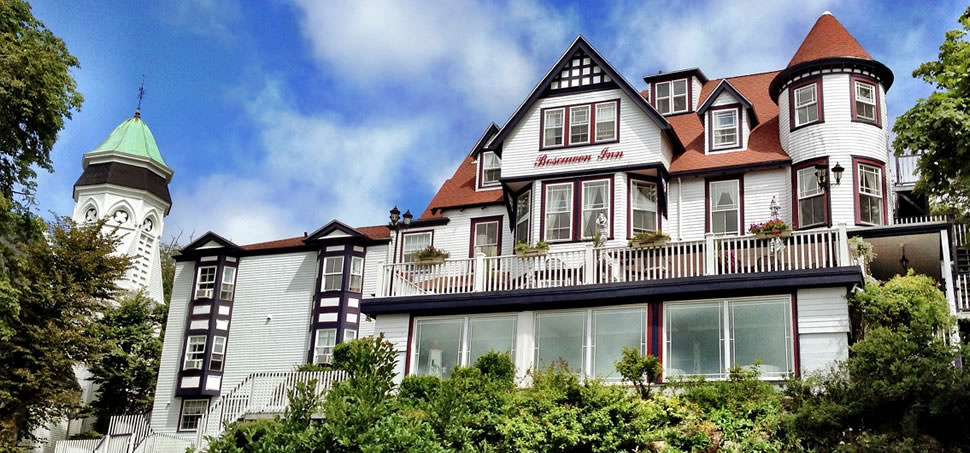
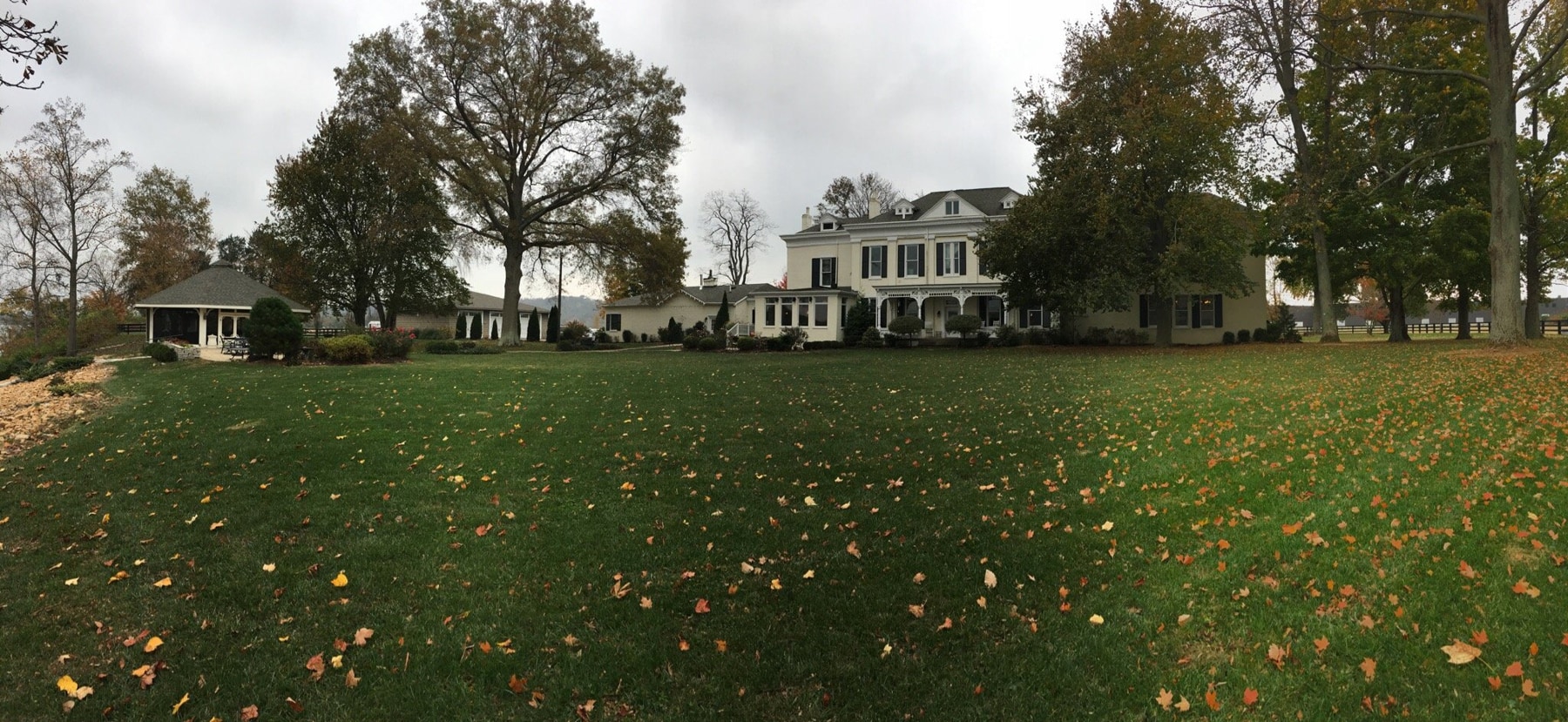

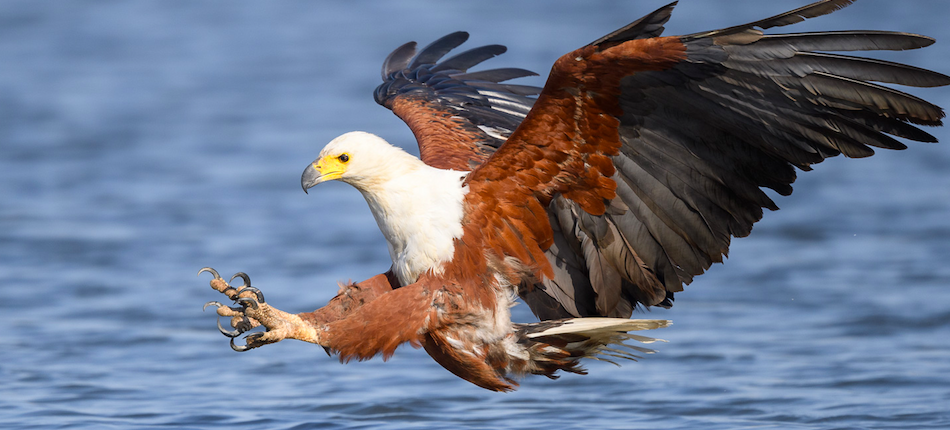
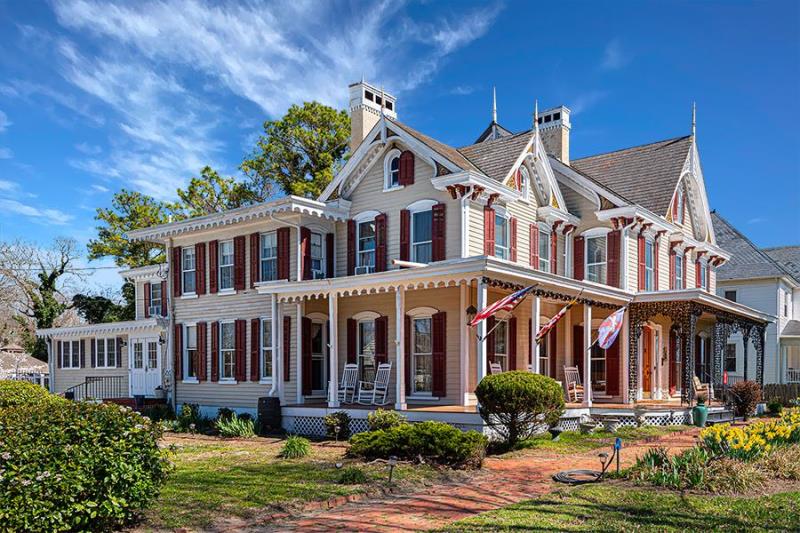
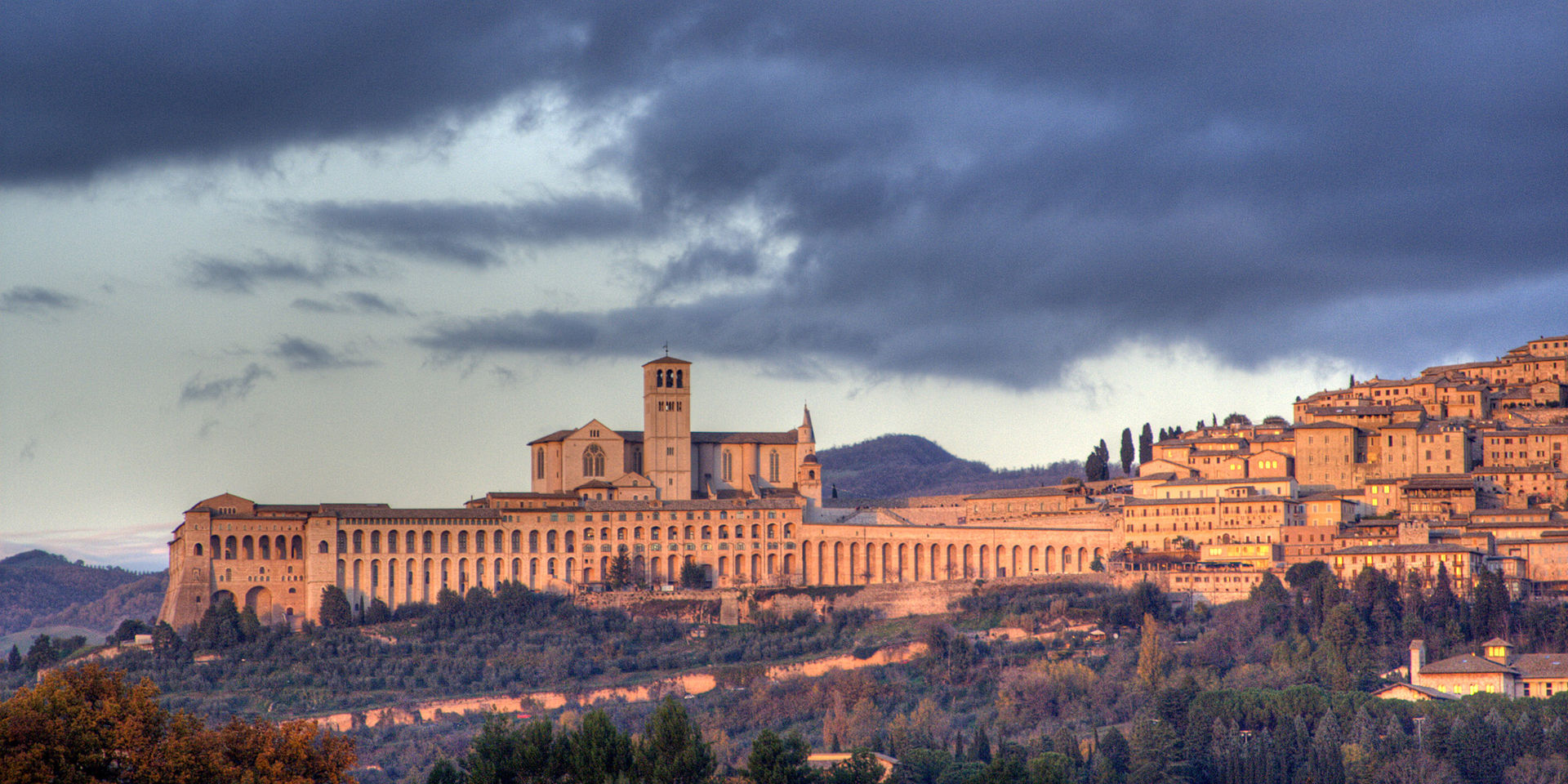
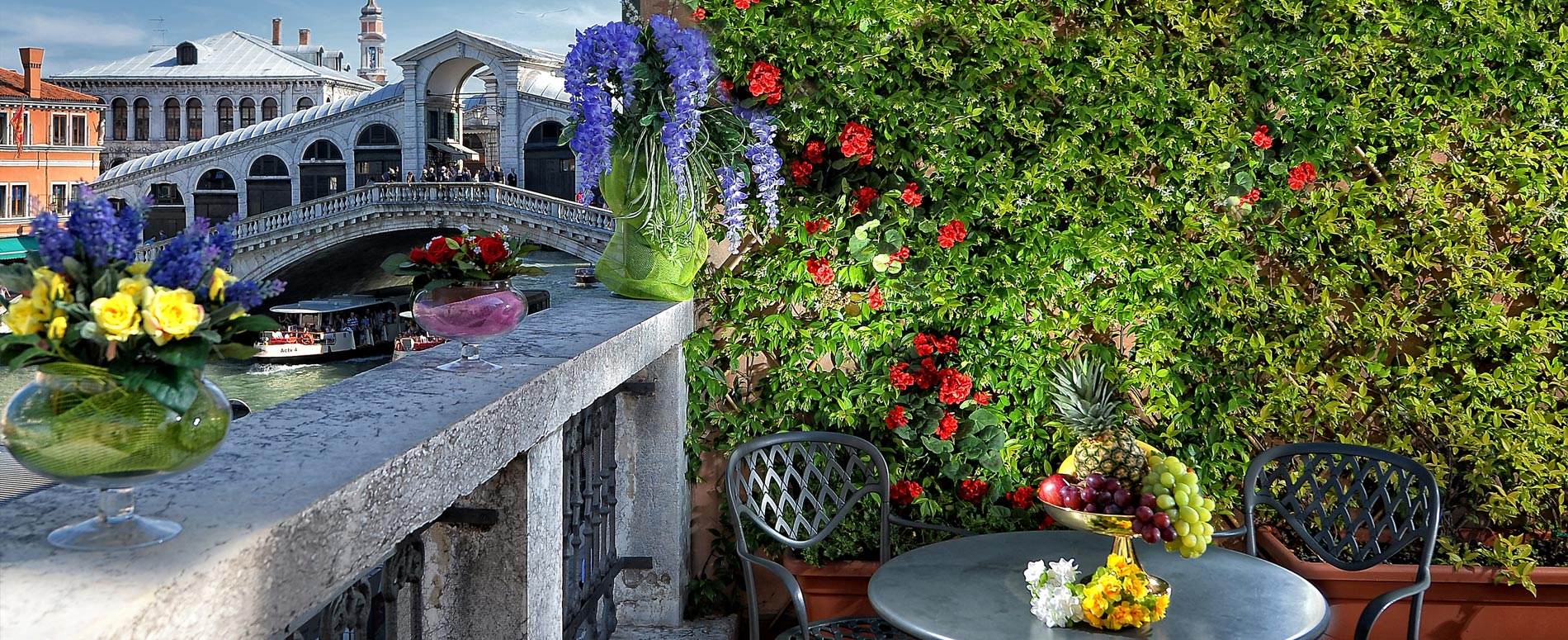
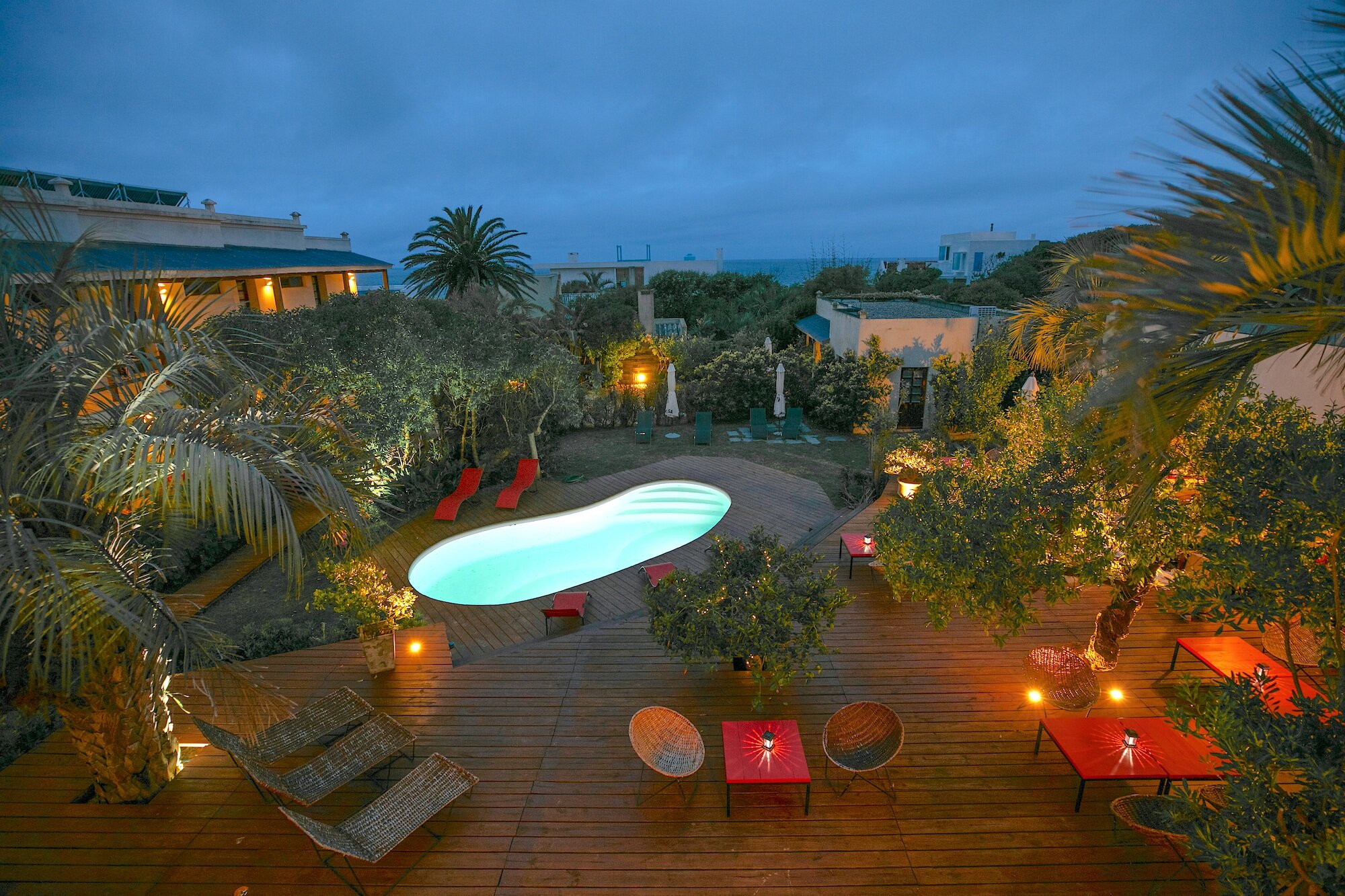
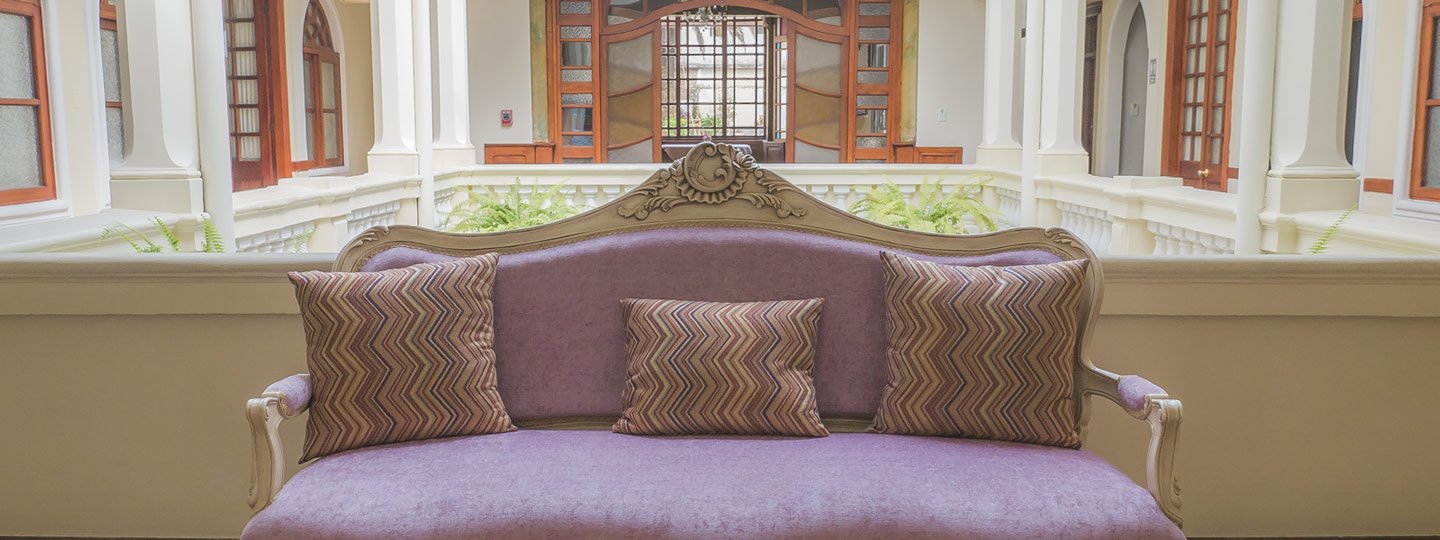
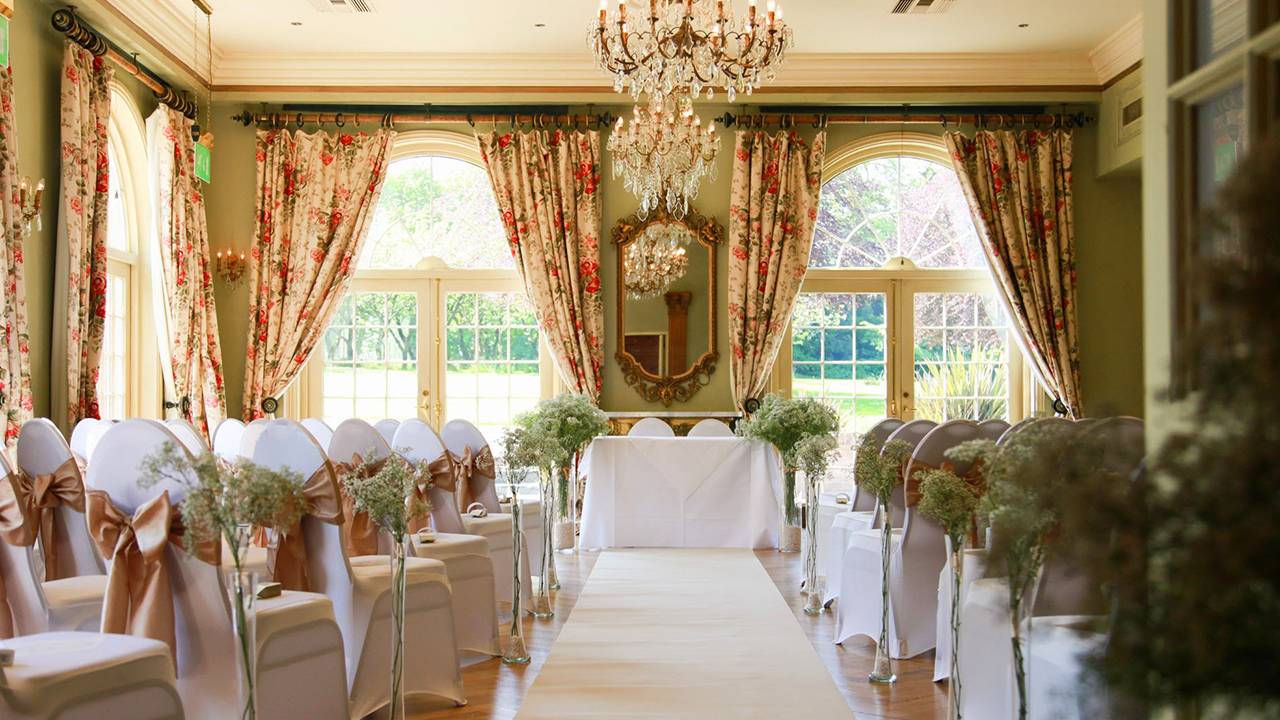
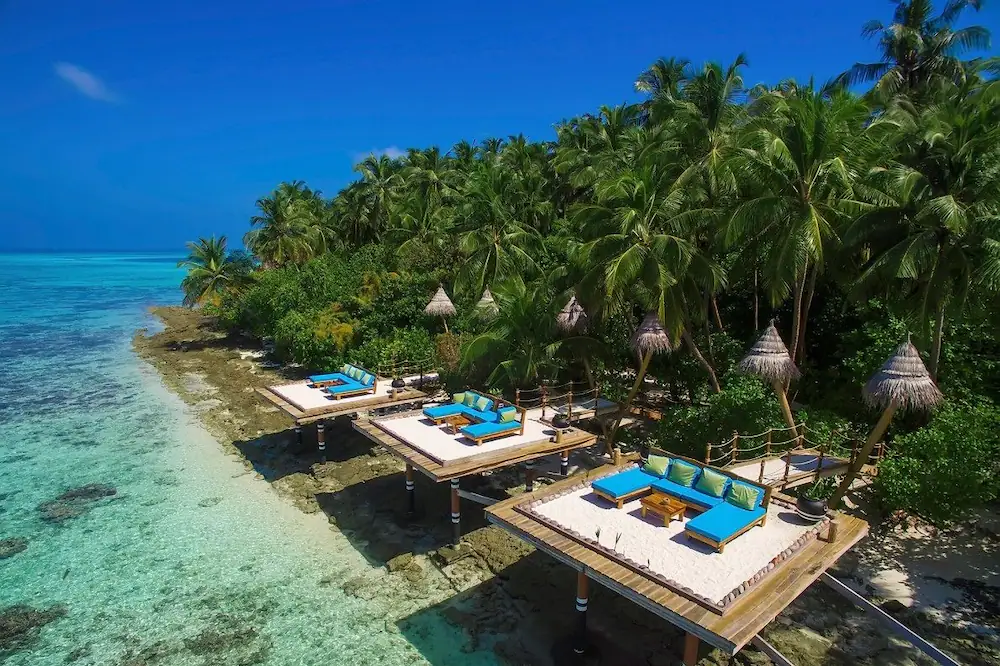
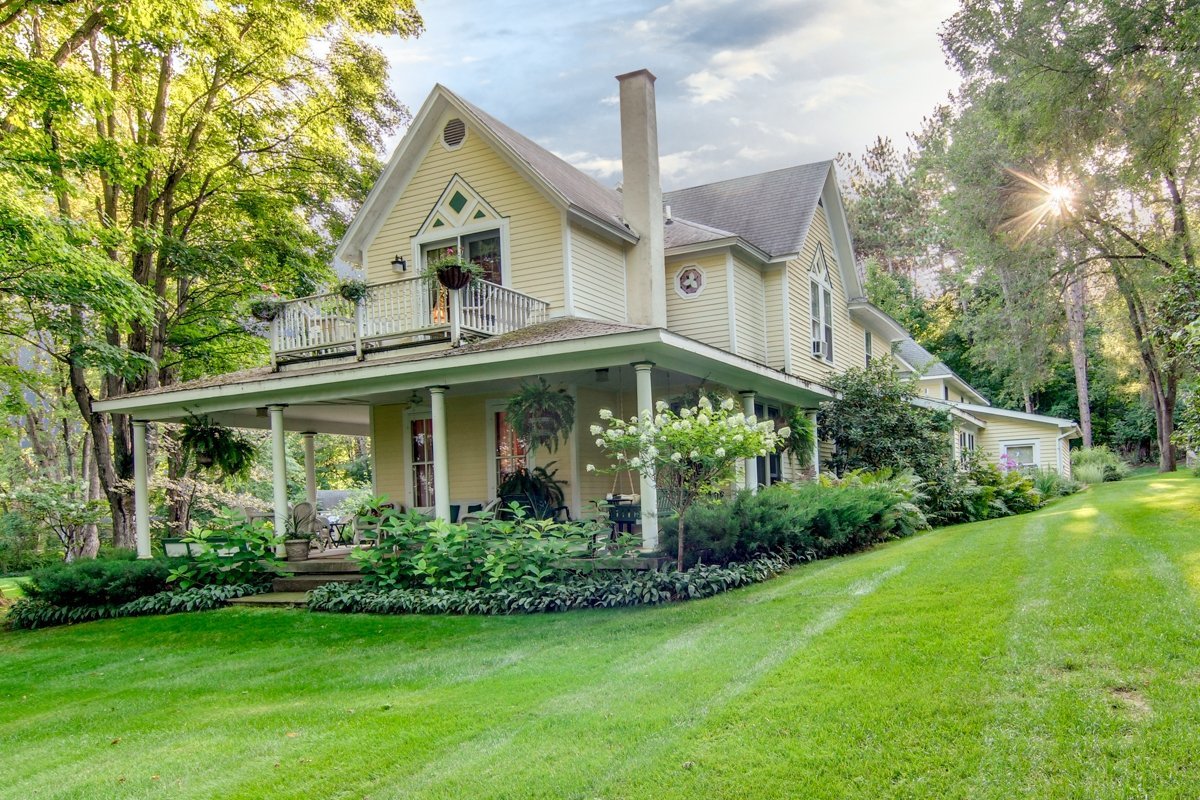
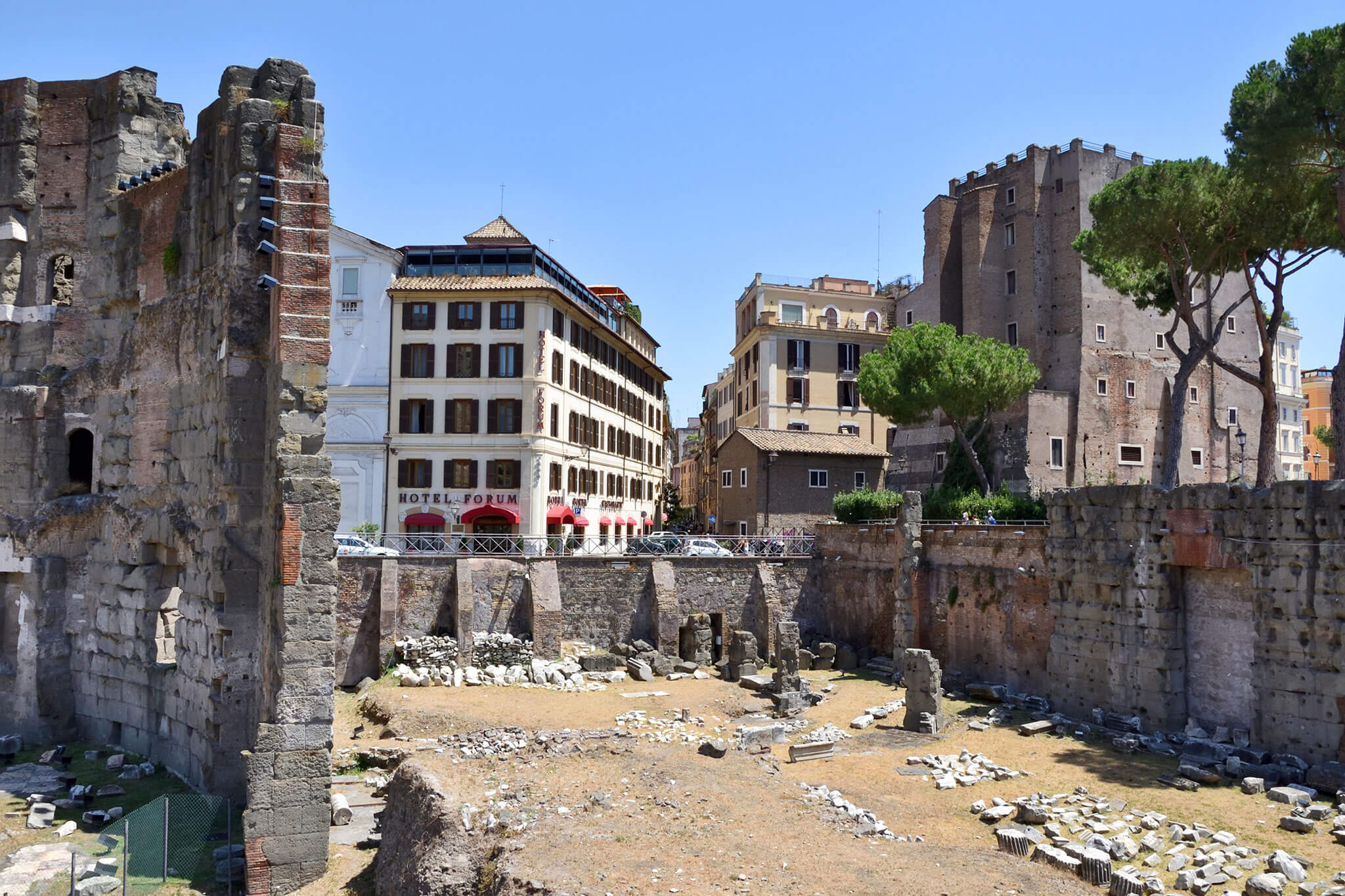
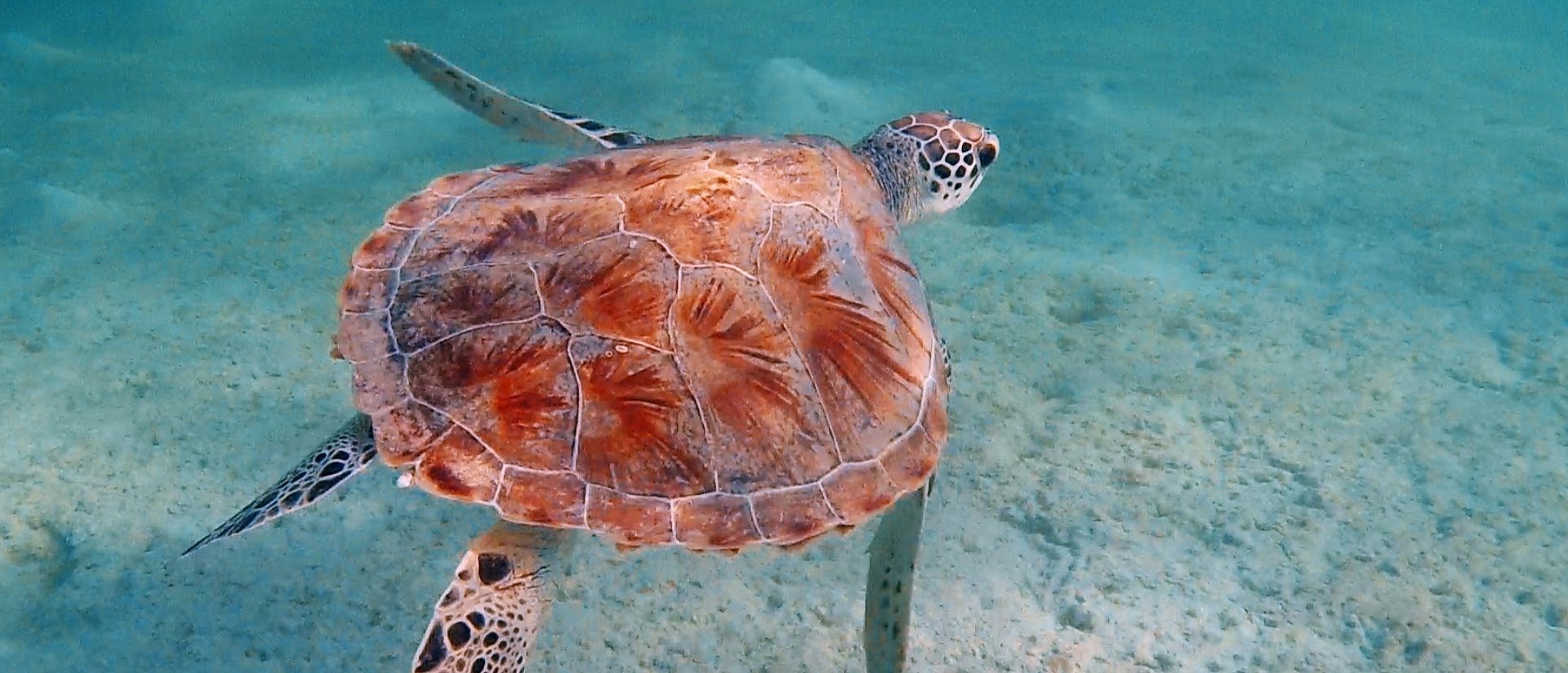
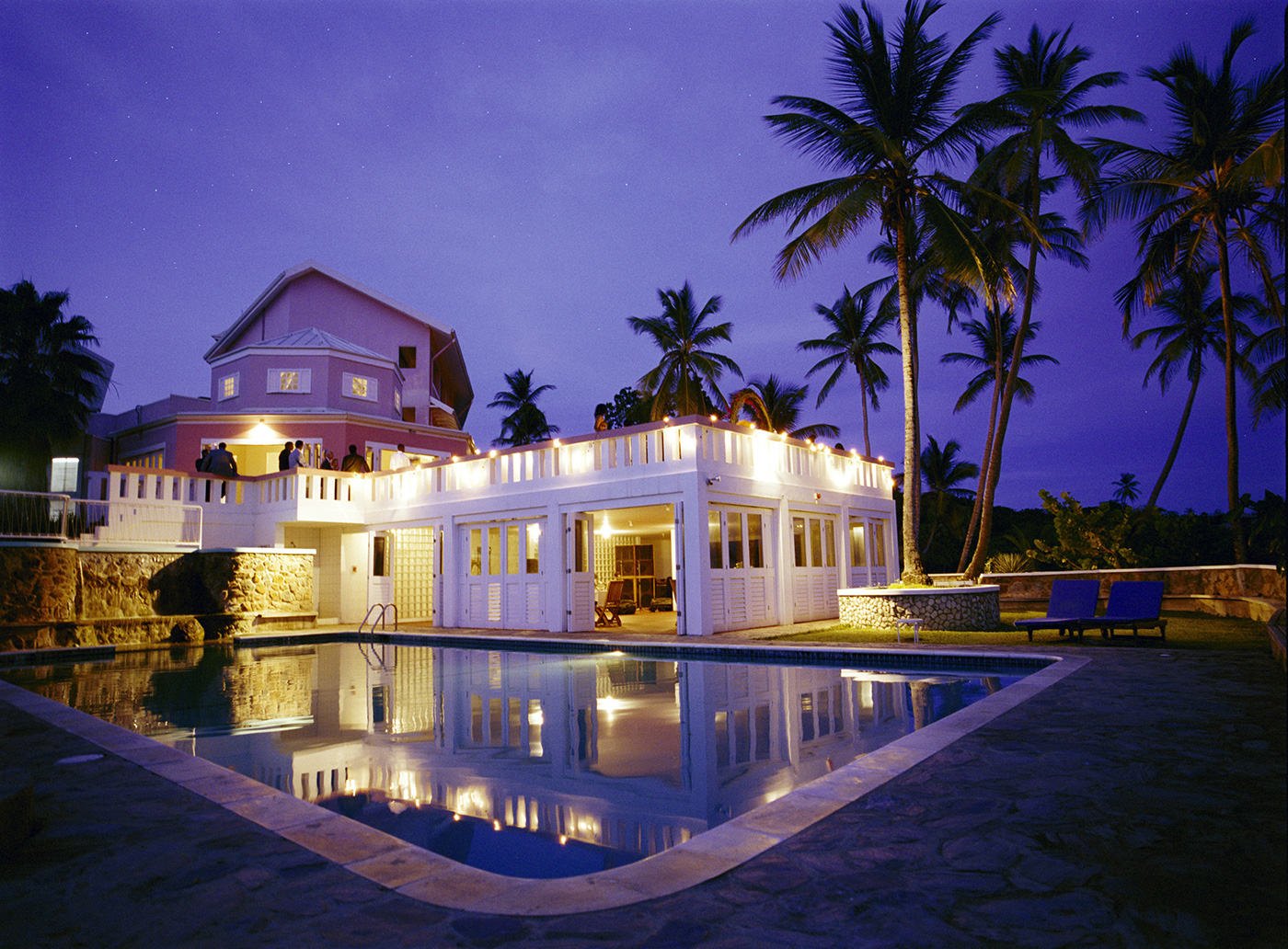
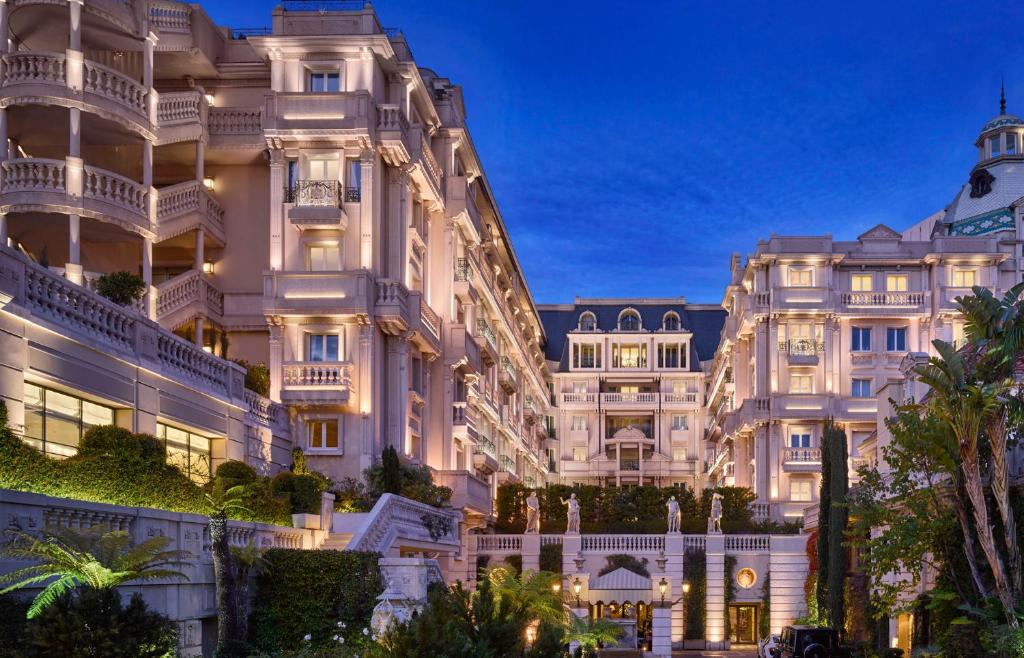
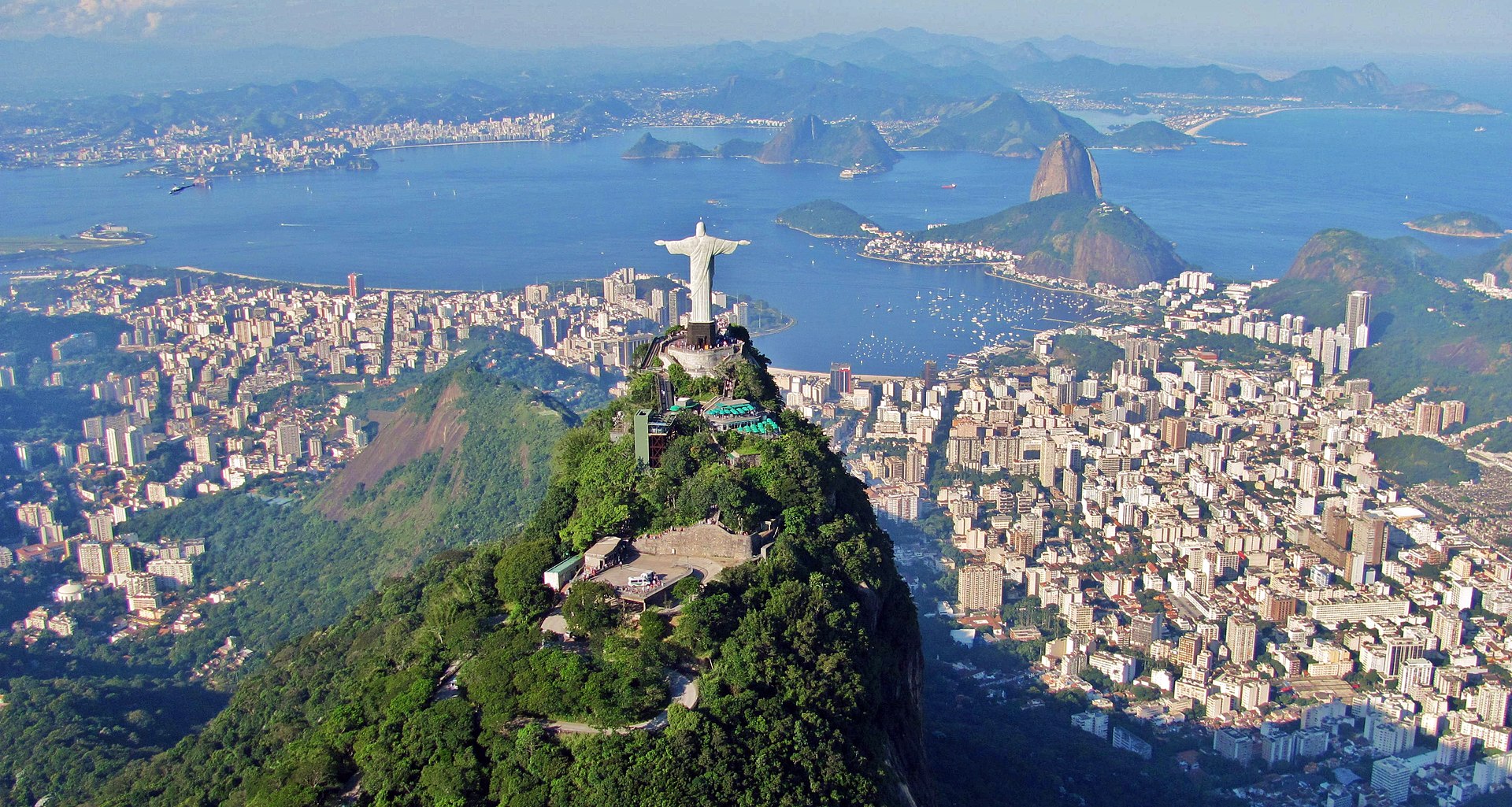
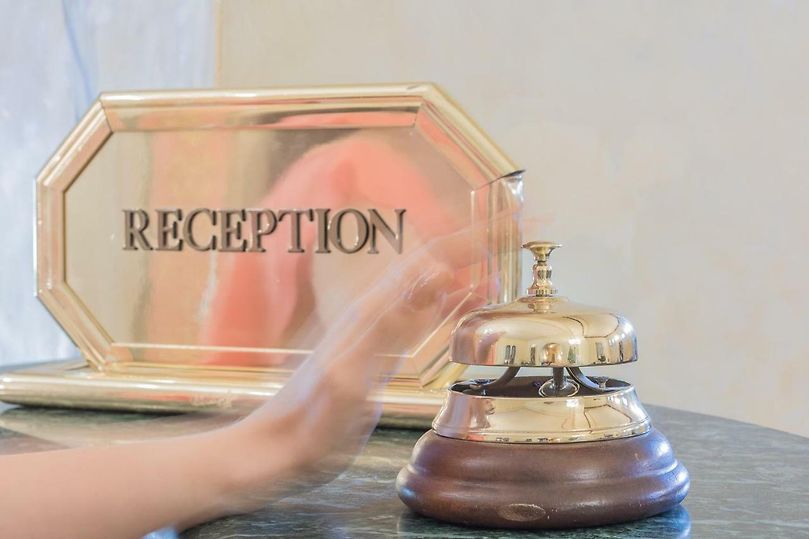
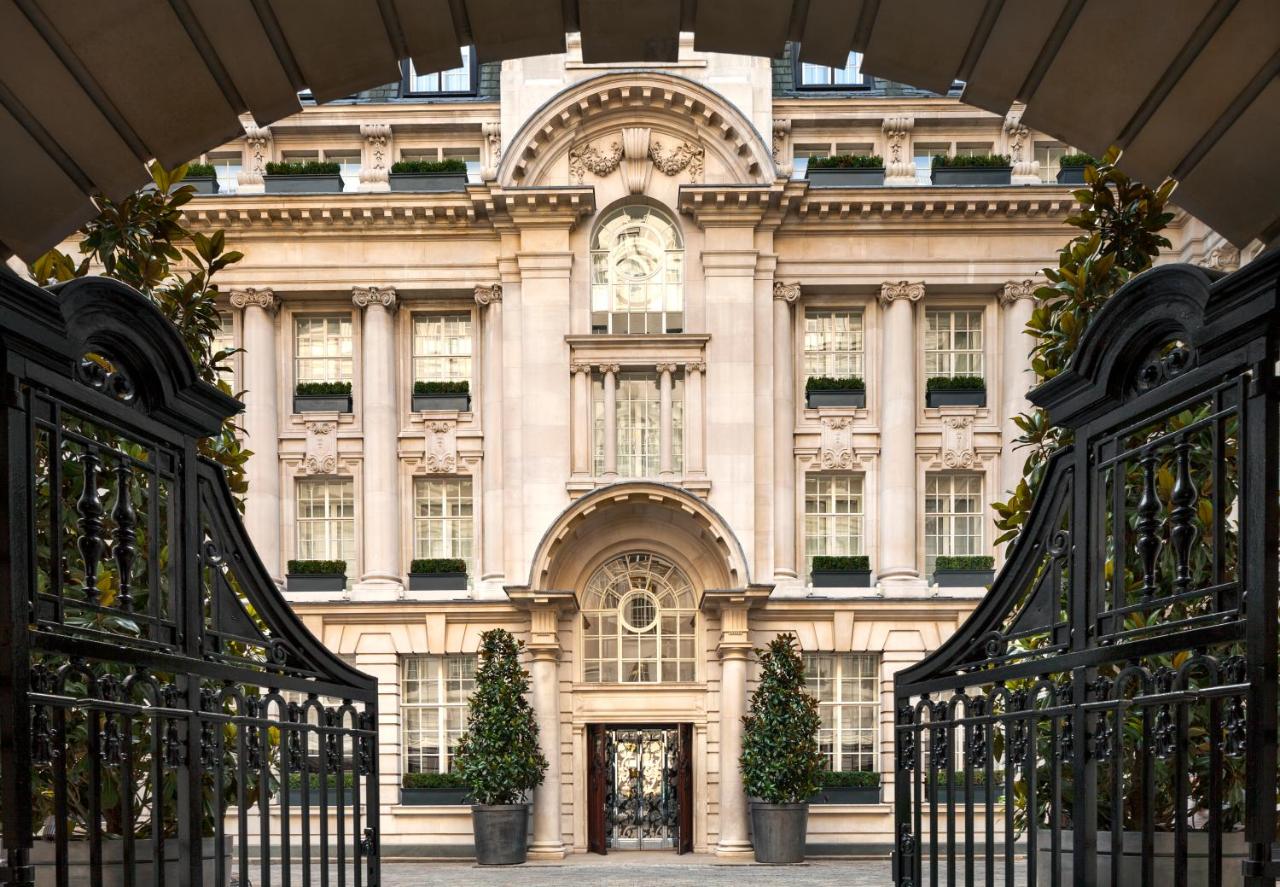
Kadumbul Village, Sumba Island, Indonesia
Agent: Cliff Jacobs - Managing Principal Estate Agent & CEO (Nat.Dpl.Hotel Man (UJ). M.P.R.E.)
Agent Cellphone: +27 (0) 84 413 1071 / +27 (0) 61 716 6951
Agent Office Number: +27 (0) 84 413 1071
Agent Email Address: cliff@exquisitehotelconsultants.com
Type: Island Resort
Bedrooms: 5
Bathrooms: 5
Showers: 5
Parking: 20
Yield: Not Disclosed
TGCSA Rating:

Sumba
Sumba, natively also spelt as Humba, Hubba, Suba, or Zuba (in Sumba languages) is an Indonesian island (part of the Lesser Sunda Archipelago group) located in Eastern Indonesia and administratively part of the East Nusa Tenggara provincial territory. Sumba has an area of 11,243.78 square kilometres (4,341.25 square miles), about the same size as Jamaica or Hawaii (Island). The population was 686,113 at the 2010 Census and 779,049 at the 2020 Census; the official estimate as of mid-2023 was 820,506 (comprising 420,291 males and 400,215 females). To the northwest of Sumba is Sumbawa, to the northeast, across the Sumba Strait (Selat Sumba), is Flores, to the east, across the Savu Sea, is Timor, and to the south, across part of the Indian Ocean, is Australia.
Nomenclature
The name "Sumba" is derived from the native Sumbanese word humba or hubba (in various Subanese dialects), which means “original”, “native”, “indigenous” or “no interference”; this was initially an ethnonym referring to the native inhabitants of this island who identified themselves as tau Humba or tau Hubba (lit. 'native people' or 'original people'), to differentiate themselves from foreigners (non-Sumbanese people) who gradually and continuously came to occupy the island.
On the other hand, the Sumbanese cultural territory (including Sumba Island and its surrounding seas) is also known as tana wai humba or tana wae hubba (in Sumbanese languages), which means “our native land” or “the motherland of Sumba people”; these sentences appeared in ancient Sumbanese manuscripts that told the tale of Inya Nyale (a mermaid-like creature who used to live on land but then moved to the ocean), considered as a sacred figure in Sumbanese mythology.
The letter 'h' in later time (around 12th century) was replaced by 's' due to the mass migration of Javanese people from the island of Java, because the word humba sounds so similar to the Javanese word of ꦲꦸꦩ꧀ꦧꦃ (umbah, but written as humbah according to Javanese writing system), meaning "to wash" or "to cleanse".
History
Oral traditions
According to Sumbanese historians, Sumba Island was once connected to the neighbouring islands to the north, namely Flores and Sumbawa.
Flores and Sumba were connected by the Kataka Lindiwatu (in Sumba languages), an ancient stone bridge built by the natives of Sumba and Flores. Due to the high level of socialization around the Kataka Lindiwatu which connected both islands, civilization was thought to arise from around those regions (which nowadays correspond to northern Sumba and to part of East Sumba regency territory). This story belongs to the Sumba oral traditions as was written down by Umbu Pura Woha (2007) in his book Sejarah, Musyawarah dan Adat Istiadat Sumba Timur (lit. 'History, Deliberation and Customs of East Sumba')
Ancient civilization ruins
The ruins of the historical civilization of the Sumba people date back to the BC era; megalithic burials were found on the central regions of the island (Central Sumba) which go back to thousands of years ago. These stone-based burial traditions are still kept alive by the Sumba people and have become a 'living ancient tradition' that still can be observed by scholars in modern days. The megalithic remains found on Sumba Island include dolmen tombs, upright stones, megalithic statues, stone enclosures, and levelled terraces. The Sumba megalithic tradition itself was characterized by the old megaliths built and carved with high quality standards. Some ancient tools are also found on the island. Notable findings are quadrangular adzes unearthed in the Anakalang area (a cultural region of Anakalang Sumba, a subethnic group of Sumba people).
One significant archaeological discovery was that of the urn burial site in Melolo in the 1920s, dated around 2,870 BCE.
Javanese power
Around the 12th century, the kingdom of Singhasari in eastern Java gained more power over the maritime Southeast Asian territory after the kingdom defeated the Mongols; since then, this kingdom evolved into the empire known as Majapahit. Sumba Island was a subject of Majapahit's dominion, and the word "Sumba" itself was first officially used during the Majapahit era (mentioned in the ancient Javanese manuscripts of Pararaton and Sumpah Palapa oath of Gajah Mada); the word itself was thought as the closest substitution in Javanese for the native name of the island according to native Sumba people, which is Humba or Hubba. The Javanese people was predicted to arrive on Sumba Island via the Madura and Kangean route, it was examined through the analysis of the DNA of chicken species on Sumba that are naturally only endemic to the eastern regions of Java and its neighbouring islands (which in these case, most probably Kangean Island).
European colonizations
In 1522, the native Sumba came into contact with the Europeans (Portuguese) who arrived on the island by ships to exploit the natural resources of the island. Later, it also attracted the Dutch VOC to come in the region in circa 1600s era. Historically, sandalwood was the main commodity exported to Europe from this island, thus the Sumba Island back then was colloquially also known as the Sandalwood Island or Sandel Island (in English).
As time went by, in 1866, the island of Sumba was later transferred to and dominated by the following Dutch East Indies colonization power. The well-known Christianization of the natives of Sumba Island was started in 1886 by the Dutch under the Douwe Wielenga Jesuits missionary program in the district of Laura in West Sumba.
Geography, climate and ecology
The largest town on the island is the main port of Waingapu near the mouth of the Kambaniru River, with a population of 71,752 (including the adjoining district of Kambera) in mid-2023.
The landscape is low, limestone hills, rather than the steep volcanoes of many Indonesian islands. There is a dry season from May to November and a rainy season from December to April. The western side of the island is more fertile and more heavily populated than the east.
Although generally thought to be originally part of the Gondwana southern hemisphere supercontinent, recent research suggests that the island might have detached from the Southeast Asia margin. Most of it was originally covered in deciduous monsoon forest while the south-facing slopes, which remain moist during the dry season, were evergreen rainforest. The northern part of the island is extremely arid; the soils have been depleted from deforestation and erosion. Sumba is in the Wallacea region, having a mixture of plants and animals of Asian and Australasian origin. Due to its distinctive flora and fauna, Sumba has been categorised by the World Wildlife Fund as the Sumba deciduous forests ecoregion.
Fauna
There are a number of mammals, but the island is particularly rich in bird life with nearly 200 birds, of which seven endemic species and a number of others are found only here and on some nearby islands. The endemic birds include the endangered Sumba eclectus parrot, four vulnerable species — the secretive Sumba boobook owl, Sumba buttonquail, red-naped fruit-dove, and Sumba hornbill — as well as three more common species: the Sumba green pigeon, Sumba flycatcher, and apricot-breasted sunbird. Saltwater crocodiles can still be found in some areas.
The Sumba hornbill or Julang Sumba (Rhyticeros everetti) is under increasing threat of extinction. Indiscriminate deforestation is threatening their survival. The population is estimated at less than 4,000 with an average density of six individuals per square kilometre. A hornbill can fly to and from over an area of up to 100 square kilometres.
Threats and preservation
Most of the original forest has been cleared for the planting of maize, cassava, and other crops so only small isolated patches remain. Furthermore, this clearance is ongoing due to the growing population of the island and this represents a threat to the birds.
In 1998 two national parks were designated on the island for the protection of endangered species: the Laiwangi Wanggameti National Park and Manupeu Tanah Daru National Park.
Indonesia
Indonesia, officially the Republic of Indonesia, is a country in Southeast Asia and Oceania, between the Indian and Pacific oceans. It consists of over 17,000 islands, including Sumatra, Java, Sulawesi, and parts of Borneo and New Guinea. Indonesia is the world's largest archipelagic state and the 14th-largest country by area, at 1,904,569 square kilometres (735,358 square miles). With over 280 million people, Indonesia is the world's fourth-most-populous country and the most populous Muslim-majority country. Java, the world's most populous island, is home to more than half of the country's population.
Indonesia is a presidential republic with an elected legislature. It has 38 provinces, of which nine have special autonomous status. The country's largest city, Jakarta, is the world's second-most-populous urban area. Indonesia shares land borders with Papua New Guinea, East Timor, and the eastern part of Malaysia, as well as maritime borders with Singapore, Peninsula Malaysia, Vietnam, Thailand, the Philippines, Australia, Palau, and India. Despite its large population and densely populated regions, Indonesia has vast areas of wilderness that support one of the world's highest levels of biodiversity.
The Indonesian archipelago has been a valuable region for trade since at least the seventh century when Sumatra's Srivijaya and later Java's Majapahit kingdoms engaged in commerce with entities from mainland China and the Indian subcontinent. Over the centuries, local rulers assimilated foreign influences, leading to the flourishing of Hindu and Buddhist kingdoms. Sunni traders and Sufi scholars later brought Islam, and European powers fought one another to monopolise trade in the Spice Islands of Maluku during the Age of Discovery. Following three and a half centuries of Dutch colonialism, Indonesia secured its independence after World War II. Indonesia's history has since been turbulent, with challenges posed by natural disasters, corruption, separatism, a democratisation process, and periods of rapid economic growth.
Indonesia consists of thousands of distinct native ethnic and hundreds of linguistic groups, with Javanese being the largest. A shared identity has developed with the motto "Bhinneka Tunggal Ika" ("Unity in Diversity" literally, "many, yet one"), defined by a national language, cultural diversity, religious pluralism within a Muslim-majority population, and a history of colonialism and rebellion against it. The economy of Indonesia is the world's 16th-largest by nominal GDP and the 7th-largest by PPP. It is the world's third-largest democracy, a regional power, and is considered a middle power in global affairs. The country is a member of several multilateral organisations, including the United Nations, World Trade Organization, G20, and a founding member of the Non-Aligned Movement, Association of Southeast Asian Nations, East Asia Summit, D-8, APEC, and the Organisation of Islamic Cooperation.
Owner's comments
The Villa is a unique gem, featuring five exquisitely designed rooms nestled along 100 meters of private white sandy beach.
Our resort offers guests the ultimate seclusion and luxury, making it a perfect retreat for wealthy travelers, honeymooners, and leisure seekers from Europe, America, and Australia.
What sets our Villa apart:
Exceptional Location: Situated just 1.8 km from the main national road and a mere 35 minutes from the airport, accessibility is combined with seclusion.
Durability and Quality: Designed by a mechanical engineer, our hotel boasts robust construction with high-quality materials, ensuring longevity against the elements.
Eco-Friendly Features: Equipped with solar panels, a backup generator, and a dedicated IT server for high-speed internet, the resort meets the needs of modern travelers.
Stunning Amenities: Our large oceanfront infinity pool and handcrafted stone baths highlight Indonesian craftsmanship, providing a unique luxury experience.
With an average daily rate of €500 and growth potential for further development on the remaining 85% of the land, our Villa presents an outstanding investment opportunity. The untouched surrounding land could enable the expansion of villas or additional amenities, tapping into the ever-growing luxury travel market.
The resort is offered for sale freehold, perfect for those looking to invest long-term in a property with significant growth potential in the hospitality sector. This luxury resort, fully licensed for hotel activity, offers a perfect balance of seclusion and accessibility.
________________________________________
Once in a lifetime experience.
Celebrate your personal indulgences, adventure and romance with our blend of unspoilt nature and the authentic smiles of the locals. Embark on thrilling pursuits through amazing landscapes, encountering wildlife. Dine before breathtaking vistas, relishing local flavours. Savour heart-warming exchanges with the local communities, as you treasure the chance to “give back” and connect.
Accommodation
Residences with aesthetic Sumbanese style and materials, each with a private garden.
Residence suites are framed with spacious lounge areas and infinity pools overlooking the gardens and beach.
With 4 exclusive beachfront residence suites, guests may take an individual Residence suite, and share some facilities, with other guests while still maintaining privacy.
Alternatively, the residences are well suited to a larger family group or friends group when taken over on an exclusive basis.
Included for guests: transfers from/to Waingapu airport; daily breakfast, lunch and dinner, snacks, and all non-alcoholic drinks.
Living areas
The Villa features a fabulous lounge & Dining room with pure aesthetic Sumbanese.
An intimate venue located at the core of Kandora, dominating 120sqm, boasting panoramic views across the swimming pool and gardens, conveniently accessible to all resident guests.
The chef at Kandora offers irresistible specialities, much of it made with products grown or reared on the island. The catch of the day, direct from the fishermen’s boats, is a highlight of the daily menu, which can be tailored to individual tastes.
The air-conditioned fitness area overlooks the garden, and young guests will enjoy as well their own air-conditioned playroom.
All residence suite features:
Gardens & Infinity pool
The Villa features an outdoor infinity pool with the best view of the ocean, making any morning swim or mid-afternoon dip, extra special. Or, start your morning off with a stroll in the gardens passing by the beach side, for a burst of fresh, fragrant morning air before beginning your day.
Beach with total privacy
As there is no massive tourism in Sumba it's easy to enjoy the exclusive and extensive beach at our Villa, so you can just imagine the privacy you get. You can spend that quiet time together with your loved ones, or simply enjoy your beach adventures without having to squeeze and elbow flocks of tourists while you get around!
Your dream experiences
OCEAN KAYAKING
HORSEBACK RIDING
BEACH FISHING
DEEP SEA FISHING
MOUNTAIN BIKING
SNORKELING
GUIDED SCENIC NATURE TRAILS
SEA TURTLES CONSERVATION
BODYBOARDING
Your dream experiences
VISIT "HIDDEN" SPOTS
VISIT TRADITIONAL VILLAGES
DOLPHIN OBSERVATION VISITS
VISIT TO WATERFALLS
WAIRINDING HILLS
CULTURAL ACTIVITIES
The most unforgettable day in your life
Celebrate your wedding or your anniversary in style with one of Sumba’s premier Villas for events and wedding ceremonies. The Villa is one of the very few locations in Sumba, for getting married by the freshness of the swimming pool, with the ocean and the skyline as a backdrop... our villa is the place where memories are made. An excellent setting to host the most exclusive party you have ever imagined in your entire life with extensive grounds and a divine view.
You will have the exclusive use of our luxury villa for an event that will provide a lifetime of memories. The extensive deck and lawns are also ideal for open-air dance performances and parties. Catering can be managed professionally with a sumptuous feast, in addition to the coordination of decorations, flowers, lighting and entertainment.
Let's Celebrate!












































Cliff Jacobs (Nat Dpl Hotel Man (UJ). MPRE. GA Level 5 TEFL) Managing Principal / CEO Exquisite Hotel Consultants (Pty) Ltd Mobile: +27 (0) 84 413 1071 / +27 (0) 61 716 6951 Email: cliff@exquisitehotelconsultants.com Web: https://www.exquisitehotelconsultants.com © All rights reserved Terms and Conditions apply Scroll down to view our Hospitality Properties and Businesses for sale or lease or lease-to-buy or partnership arrangement or management agreement arrangement.